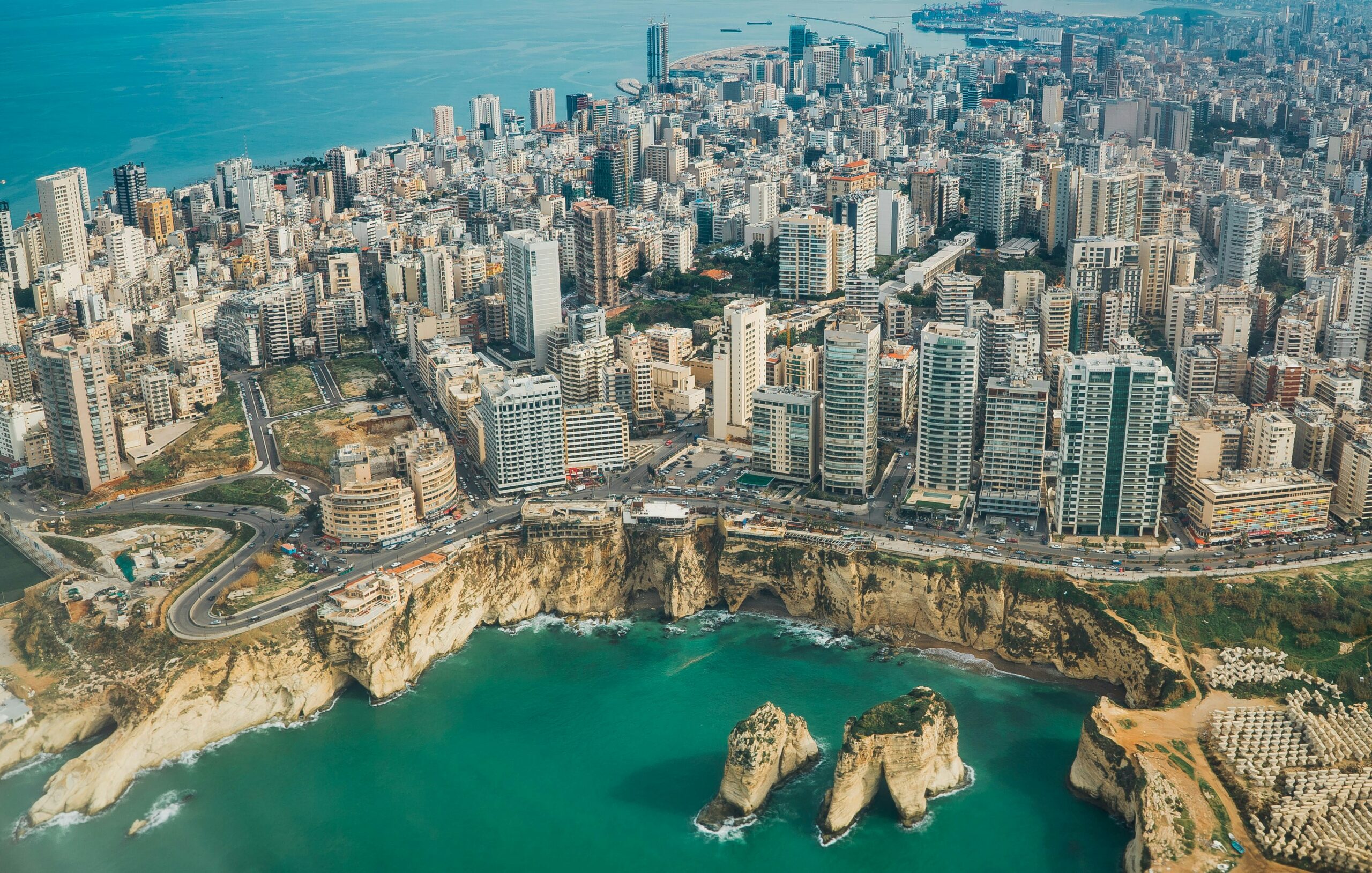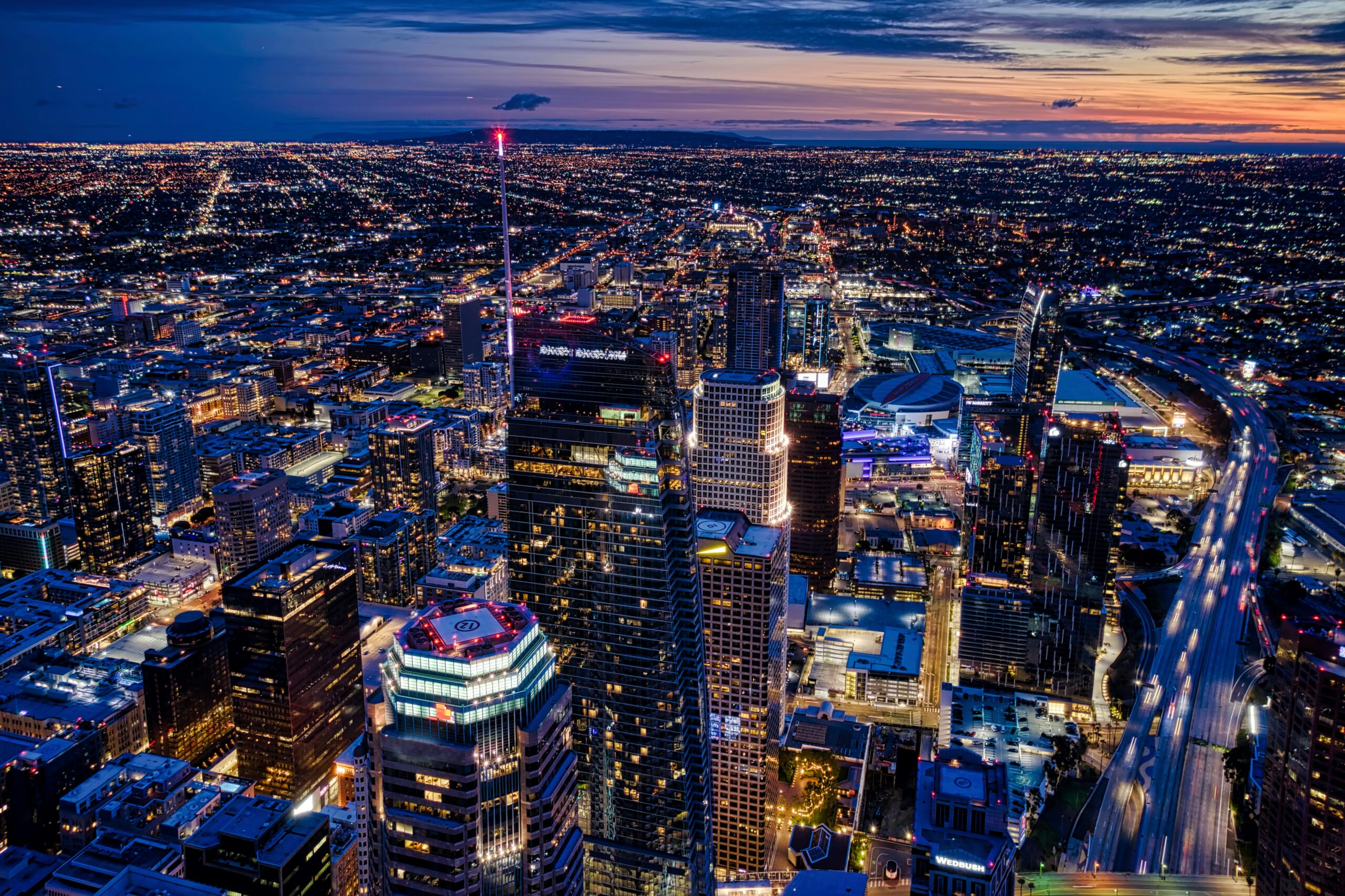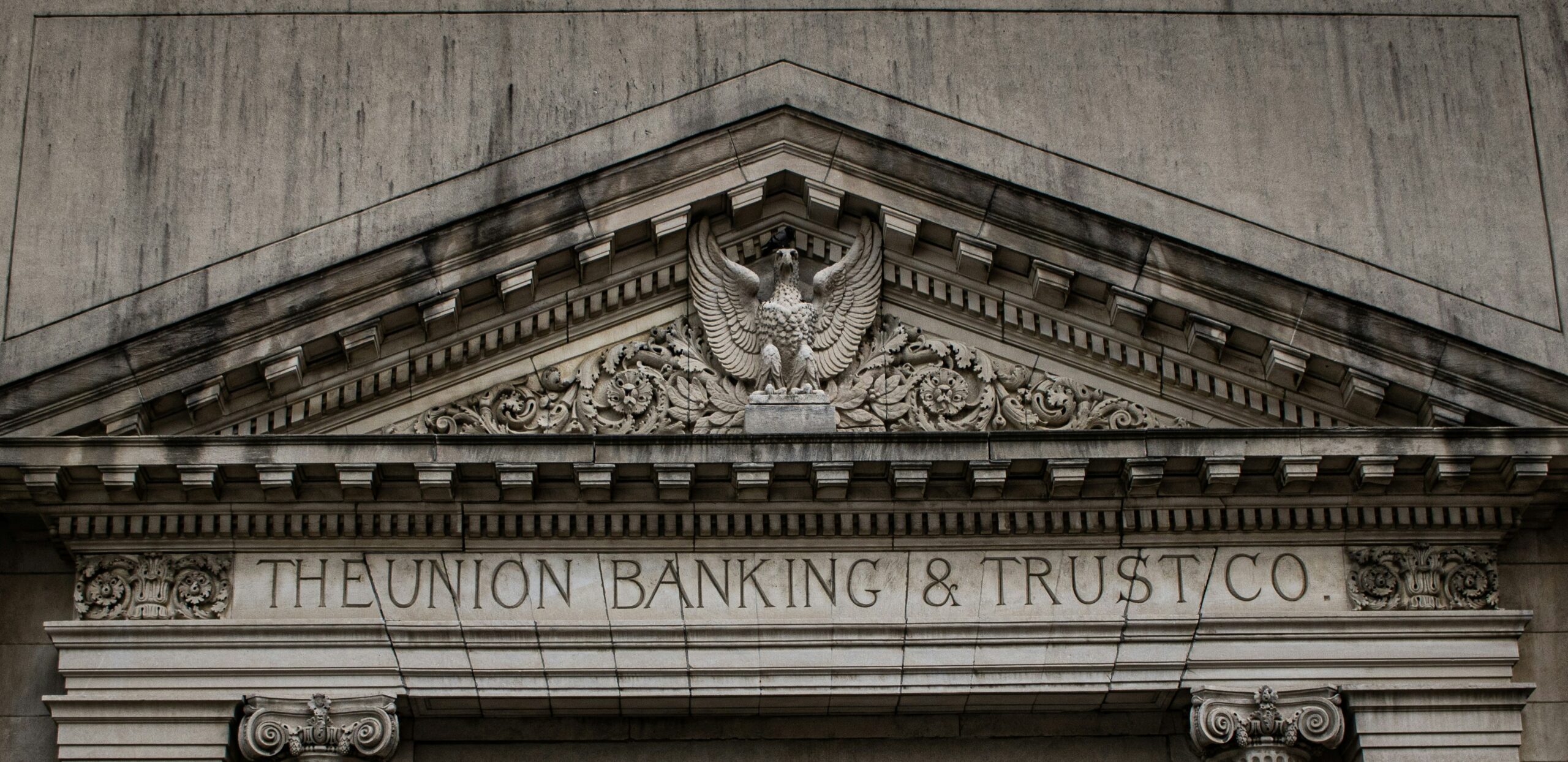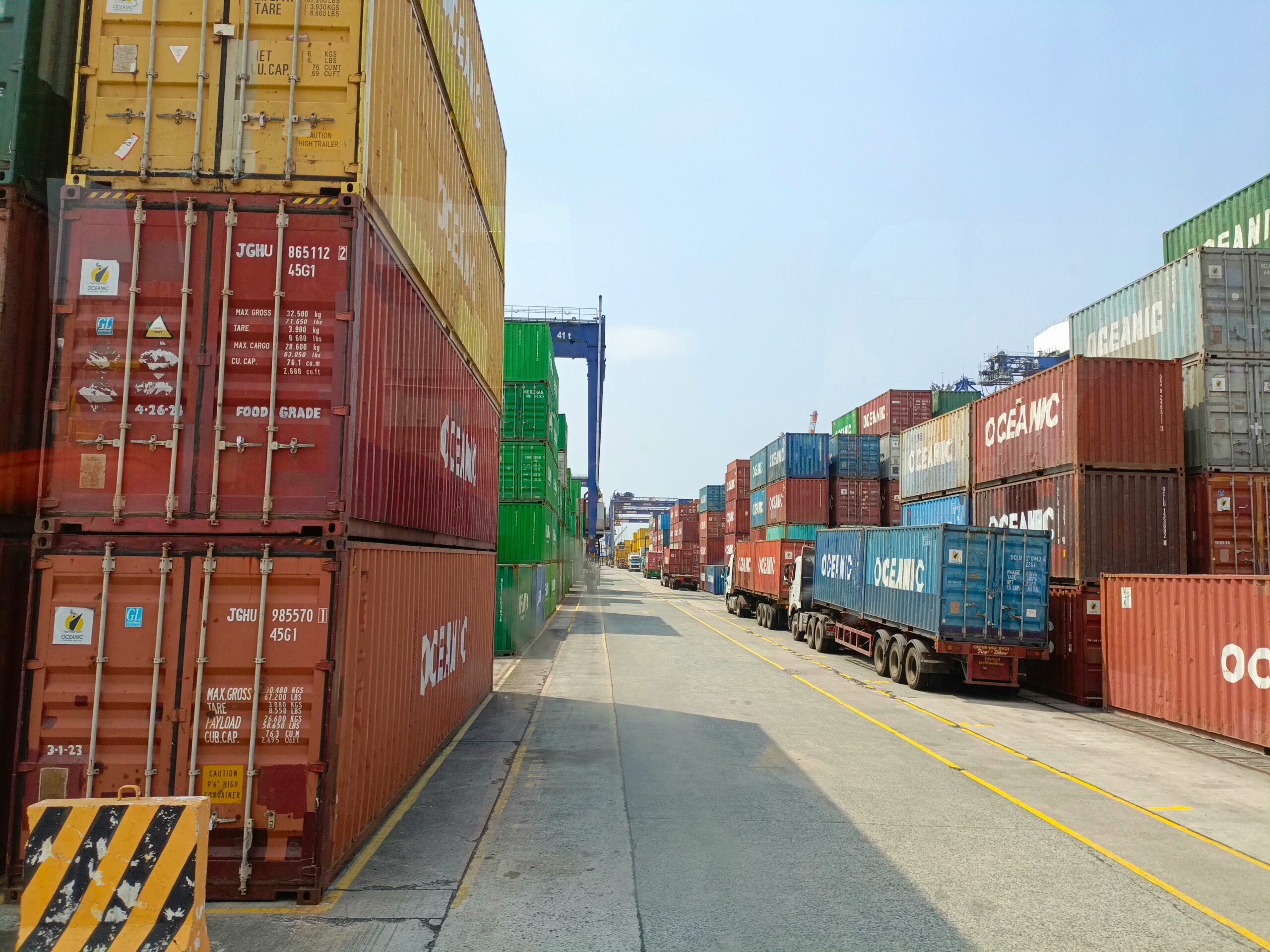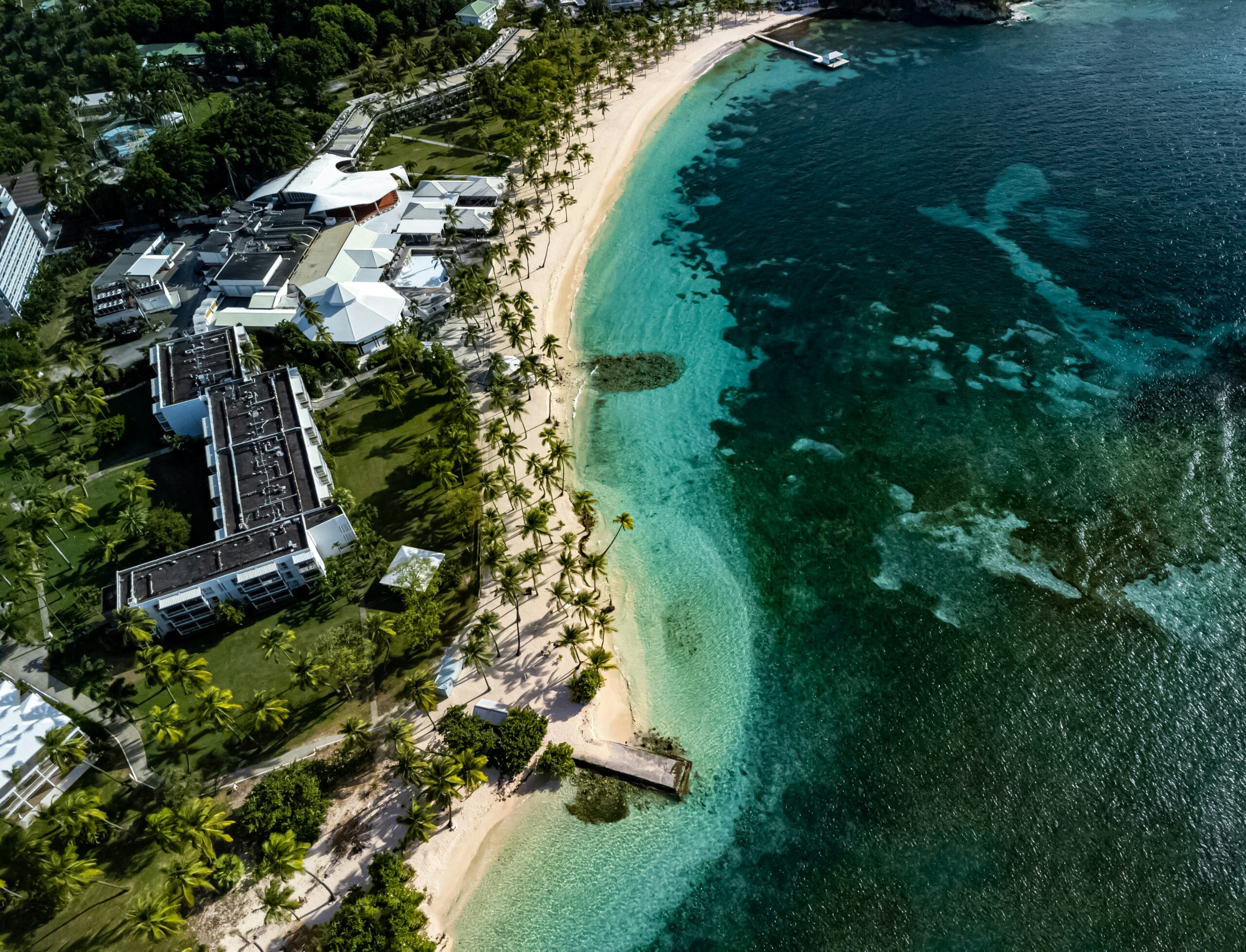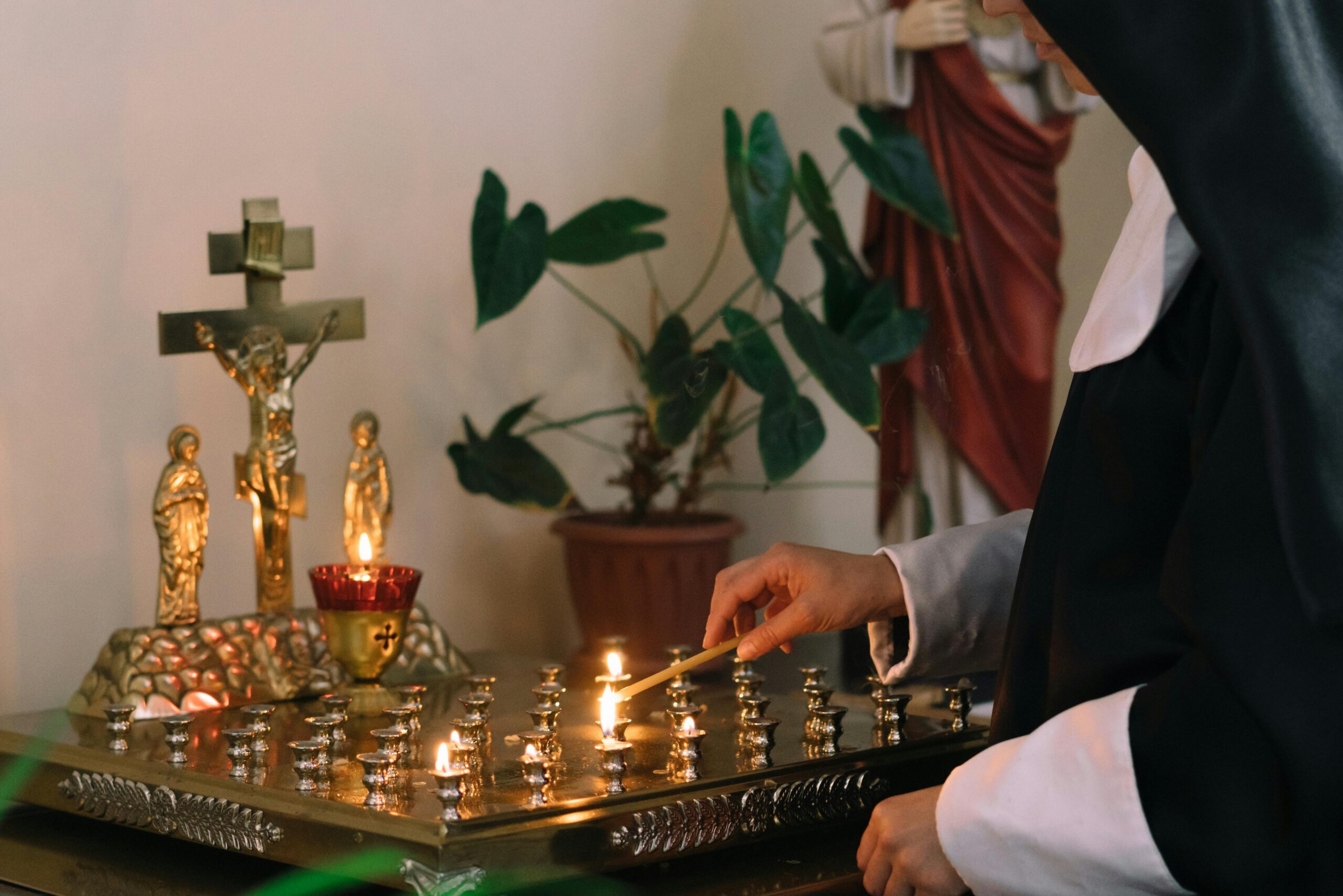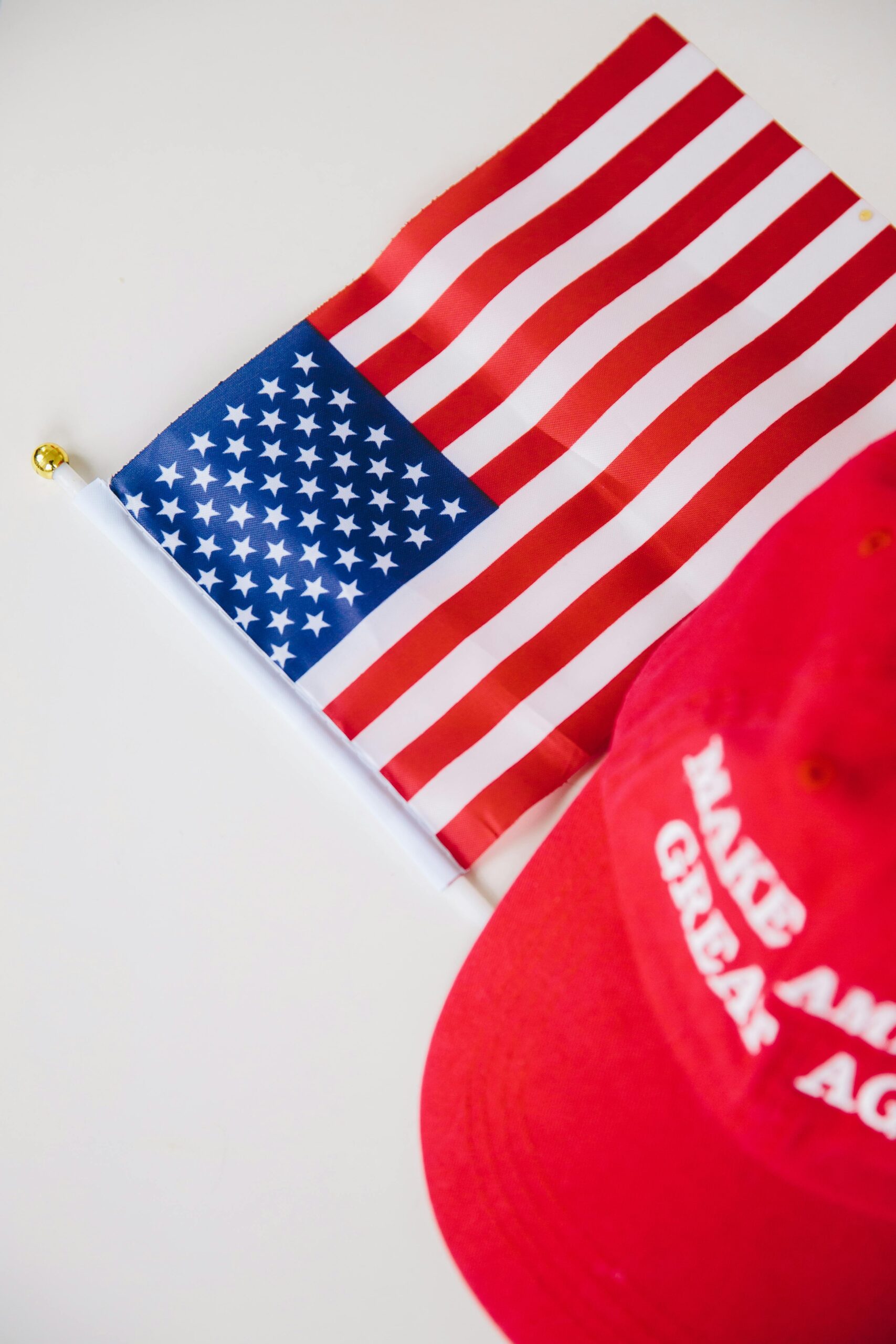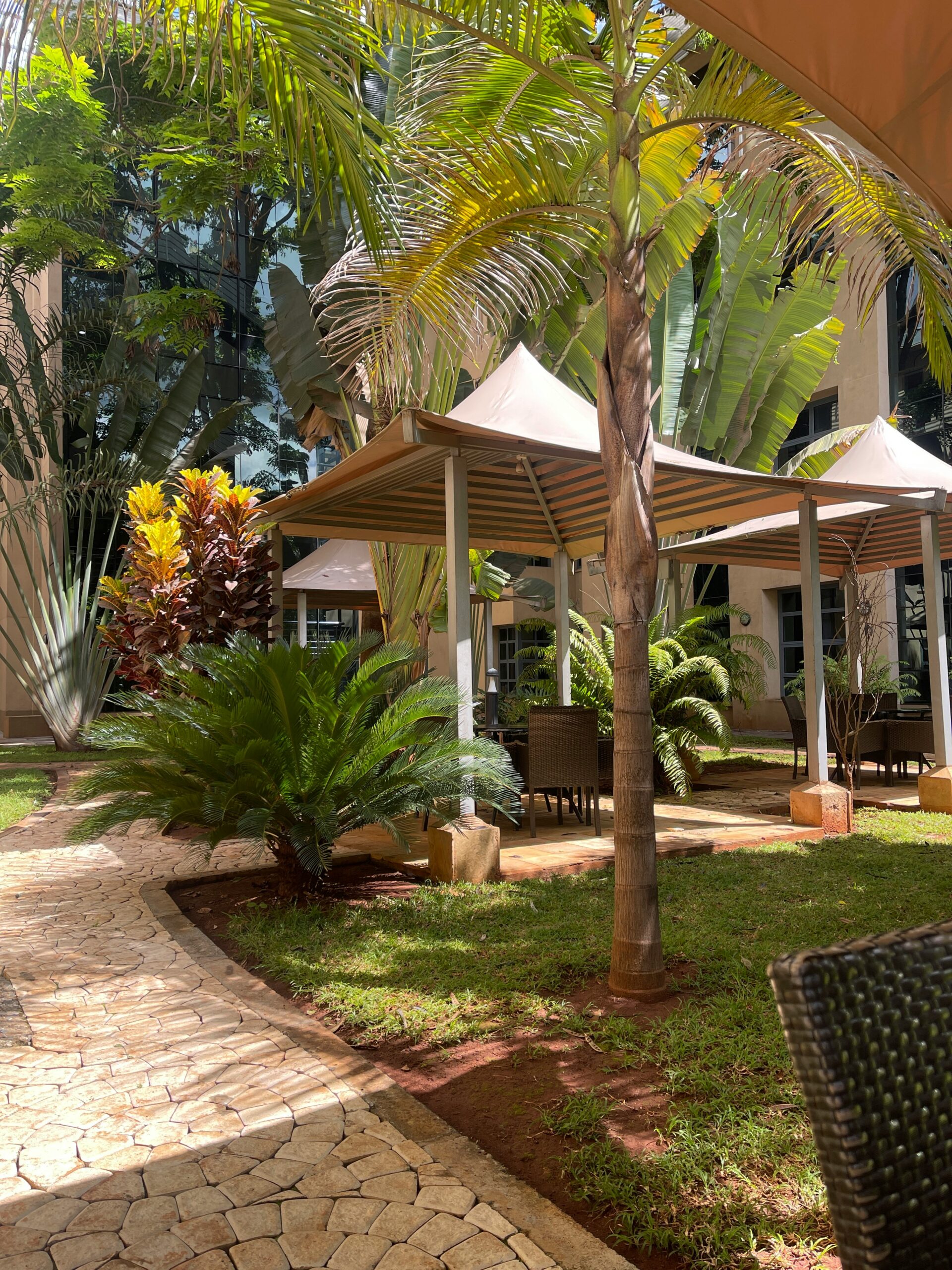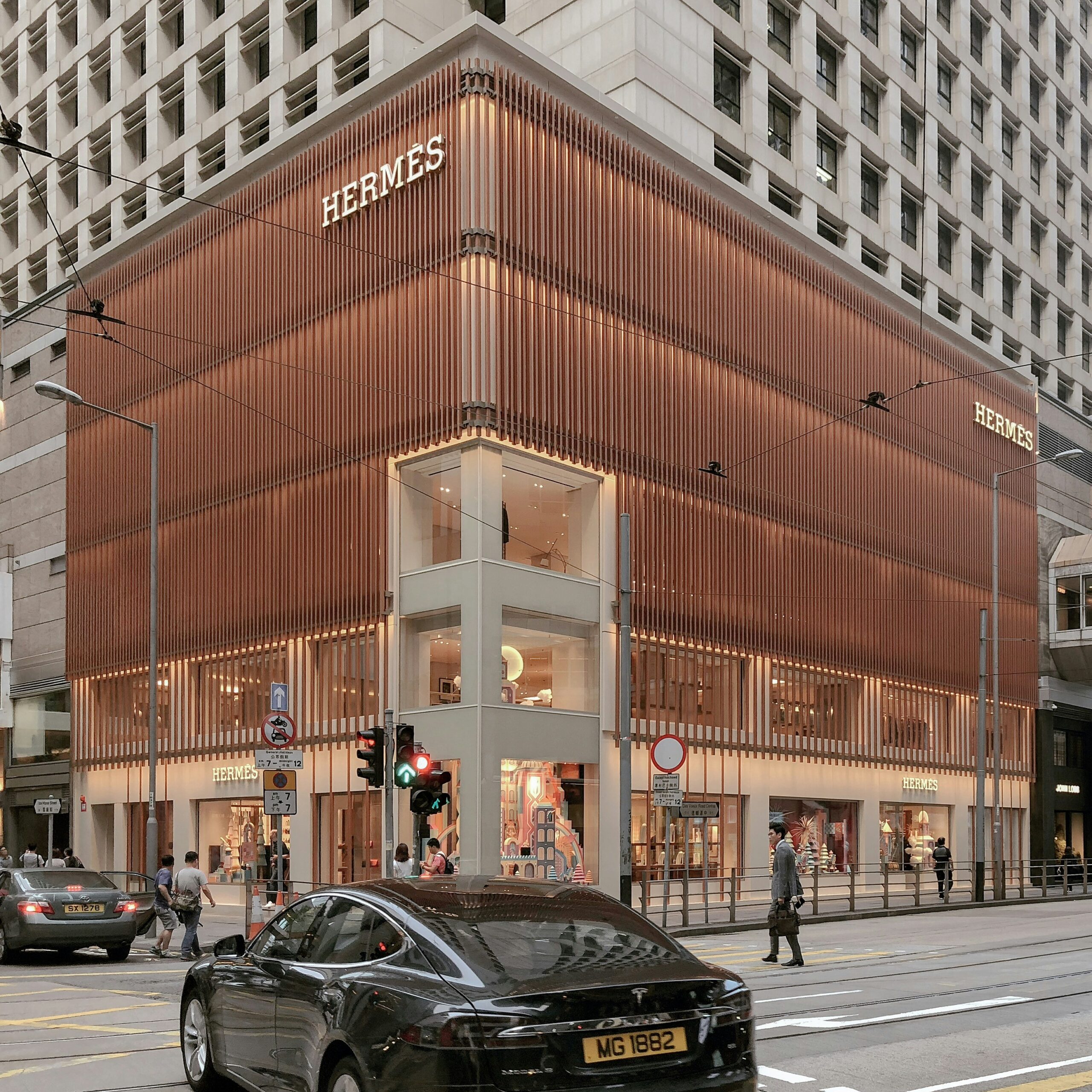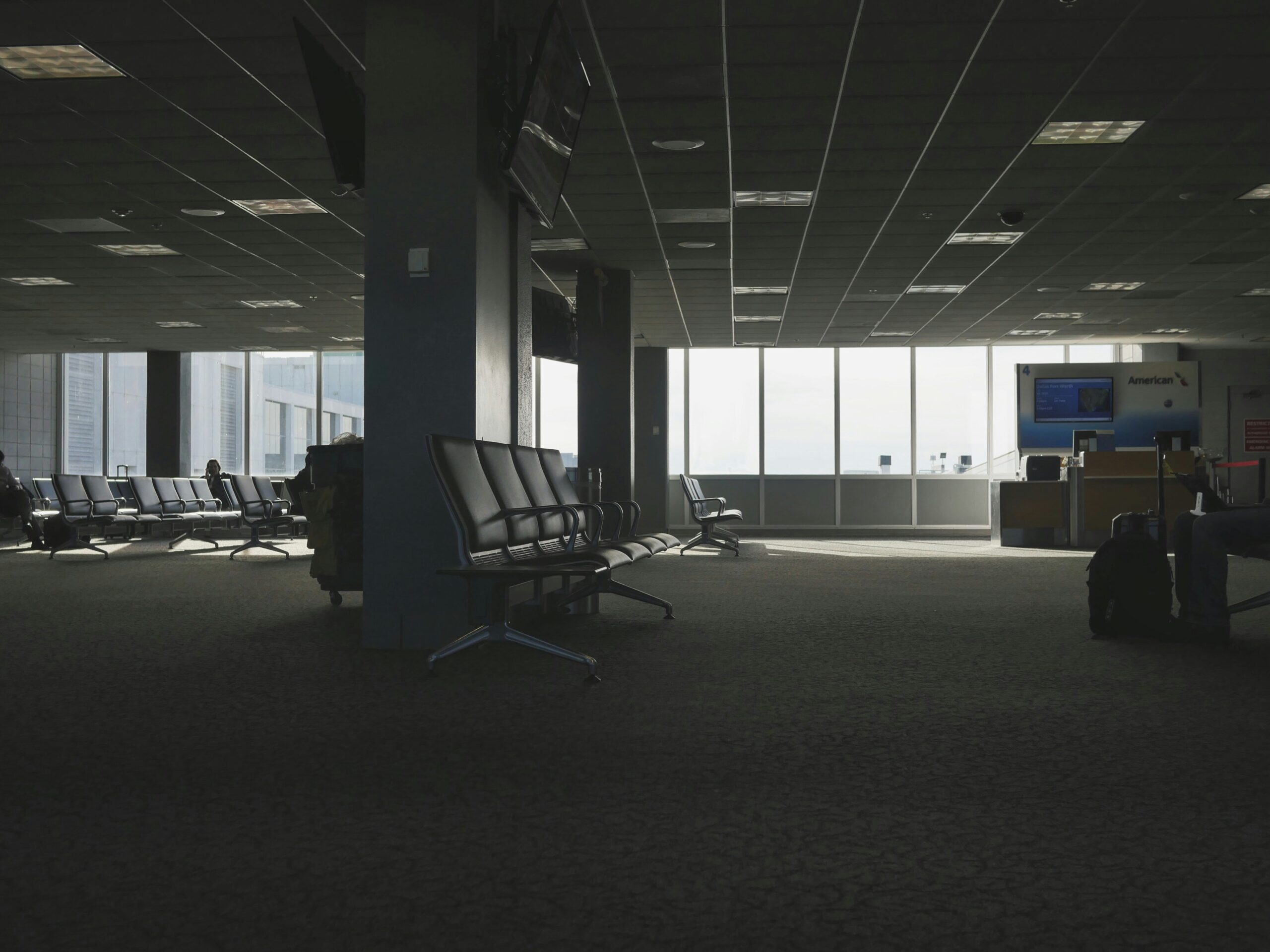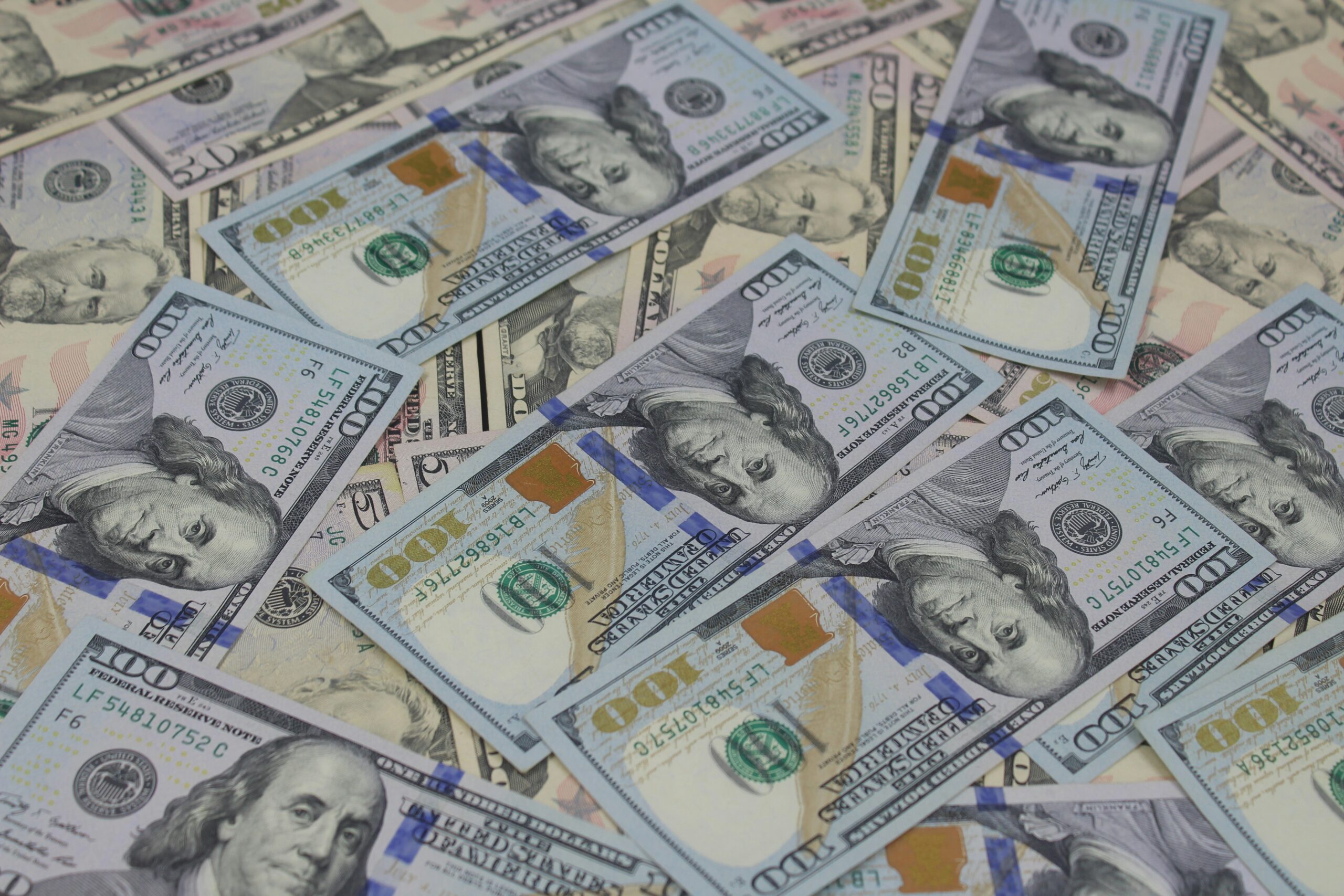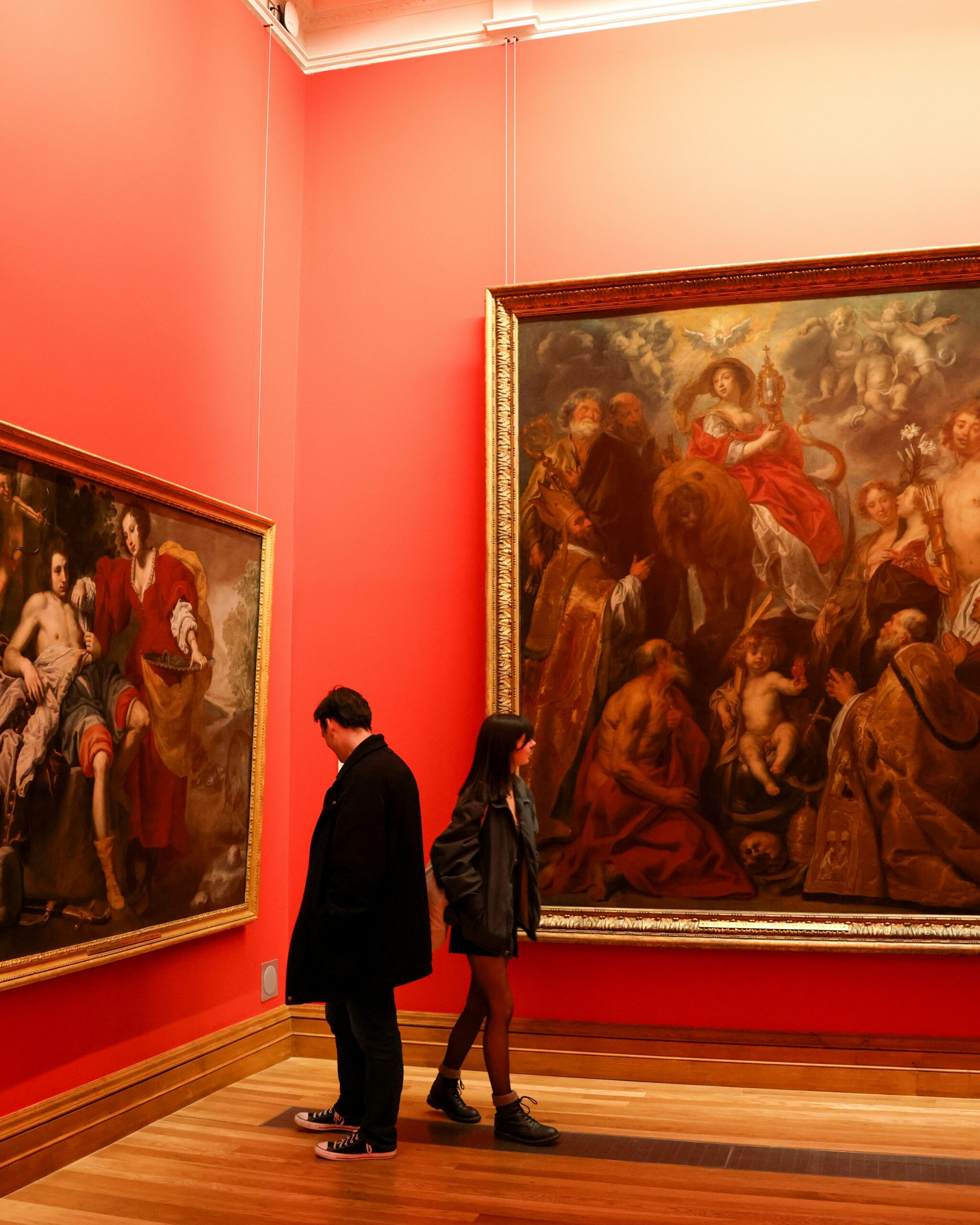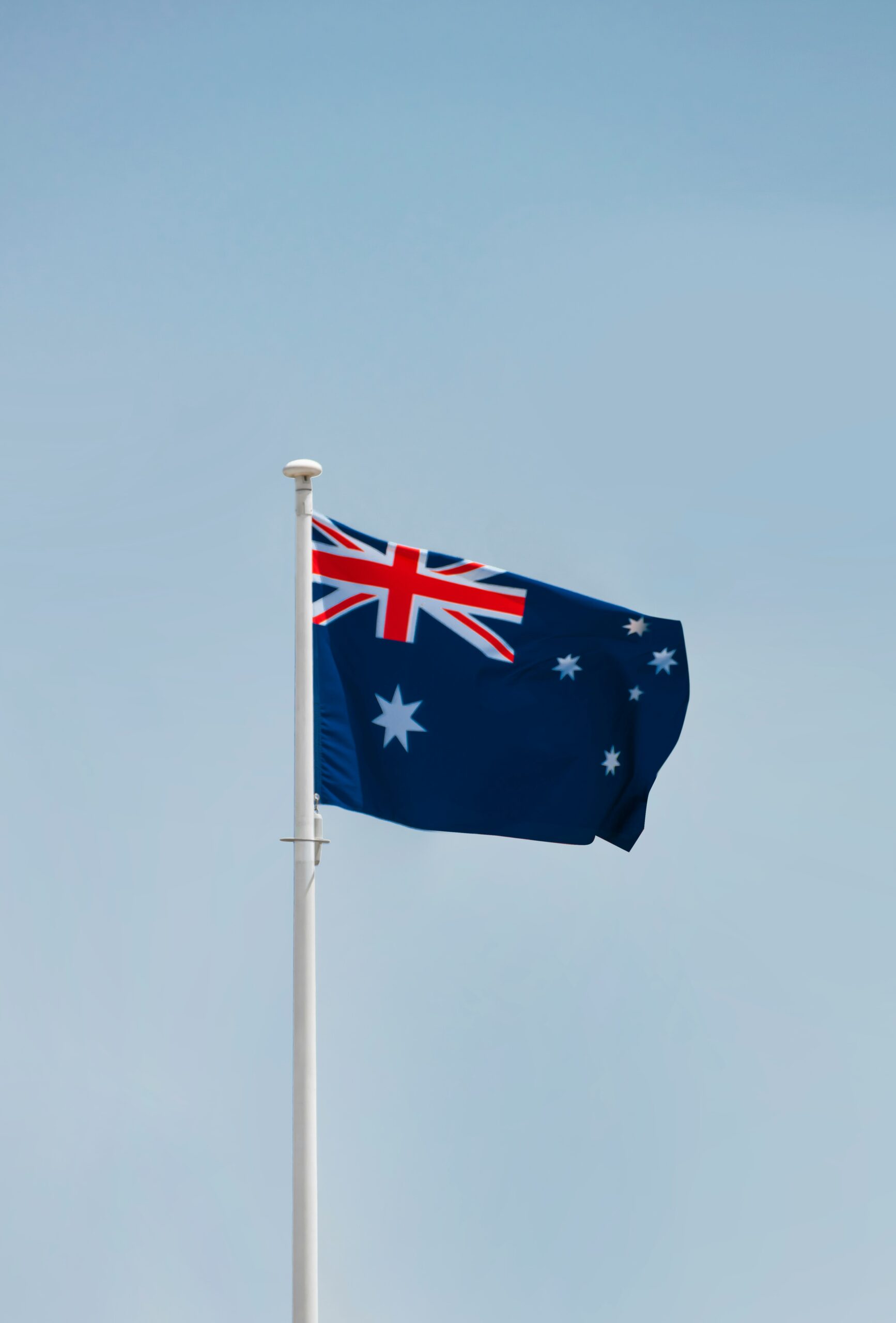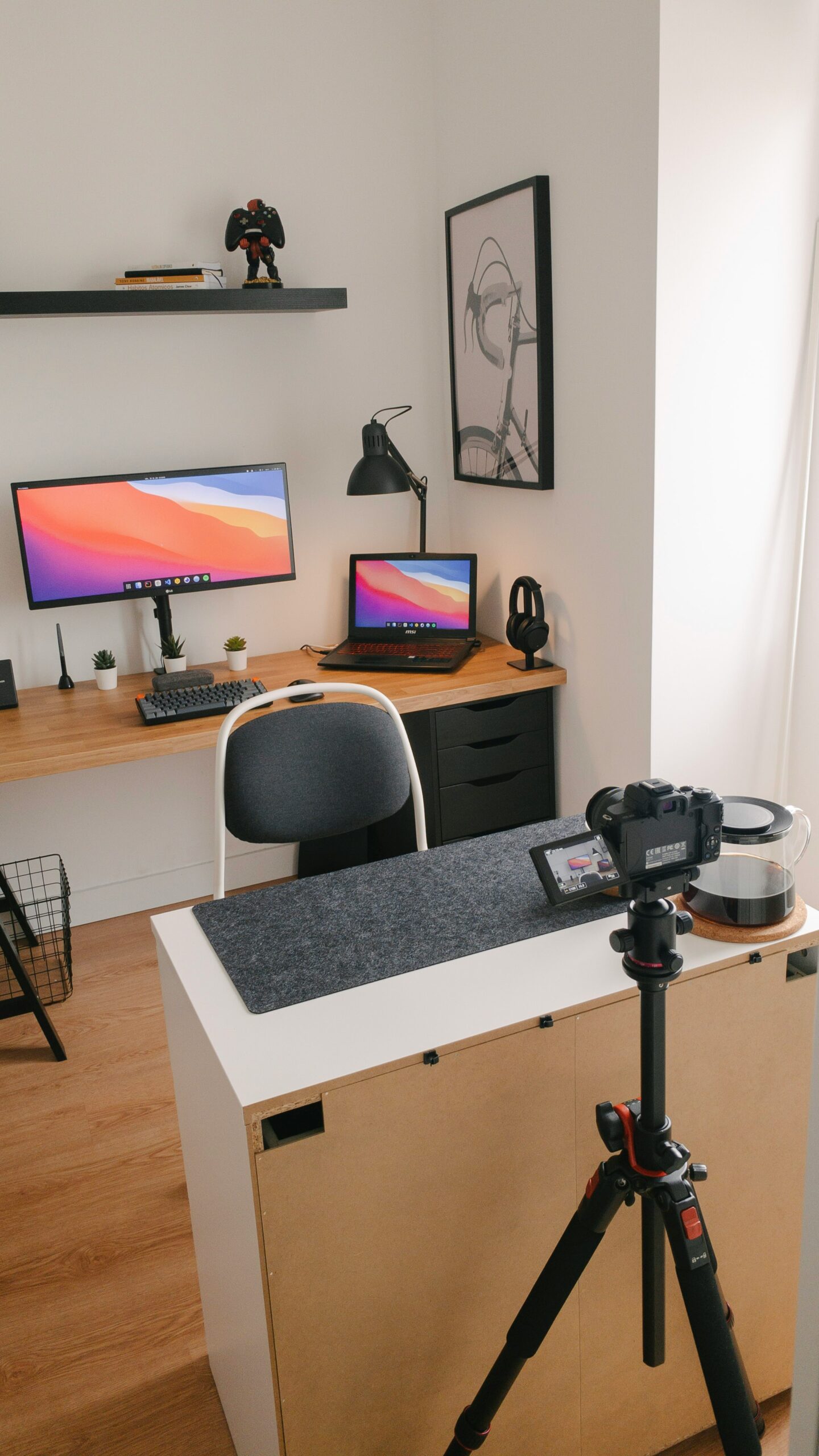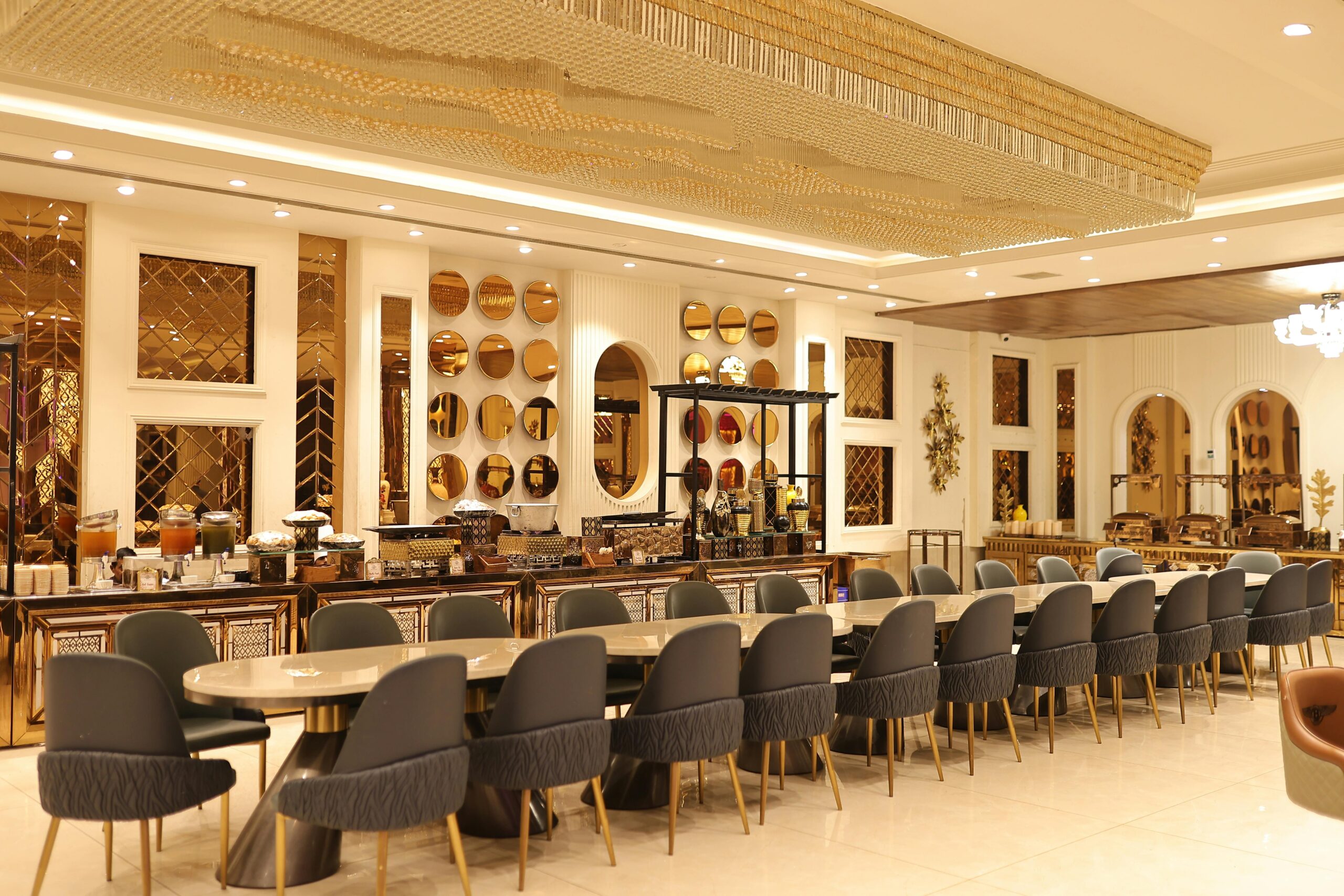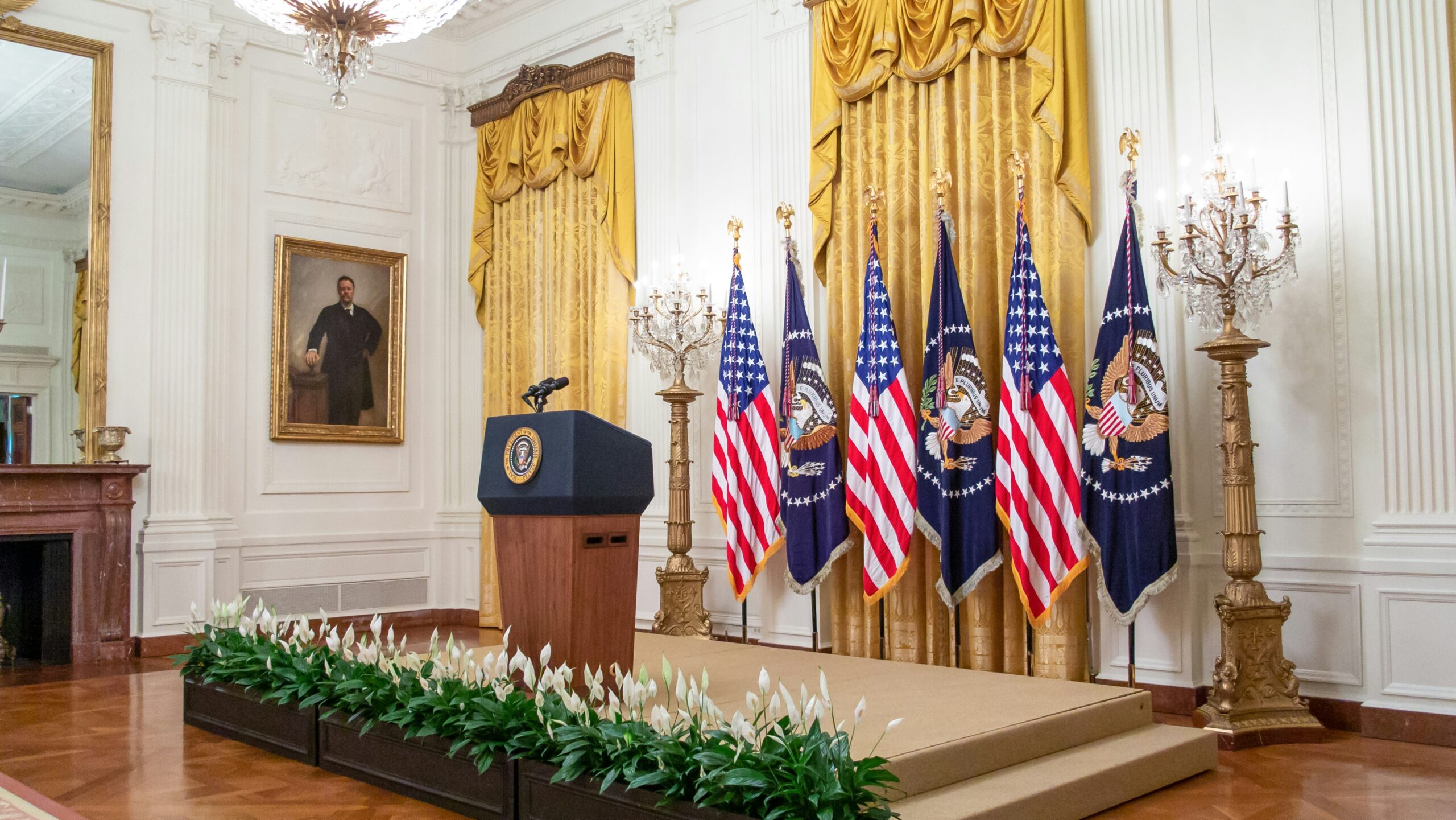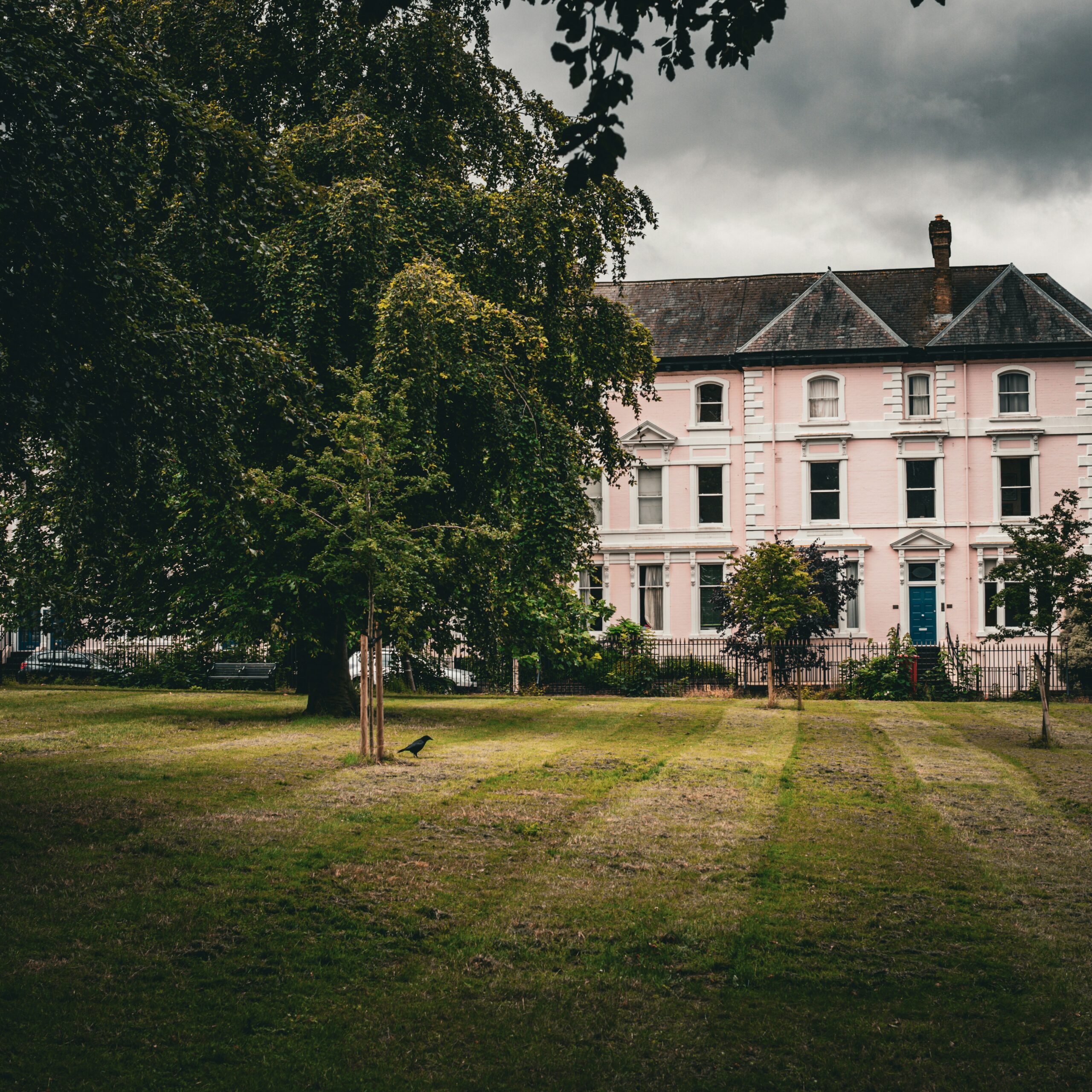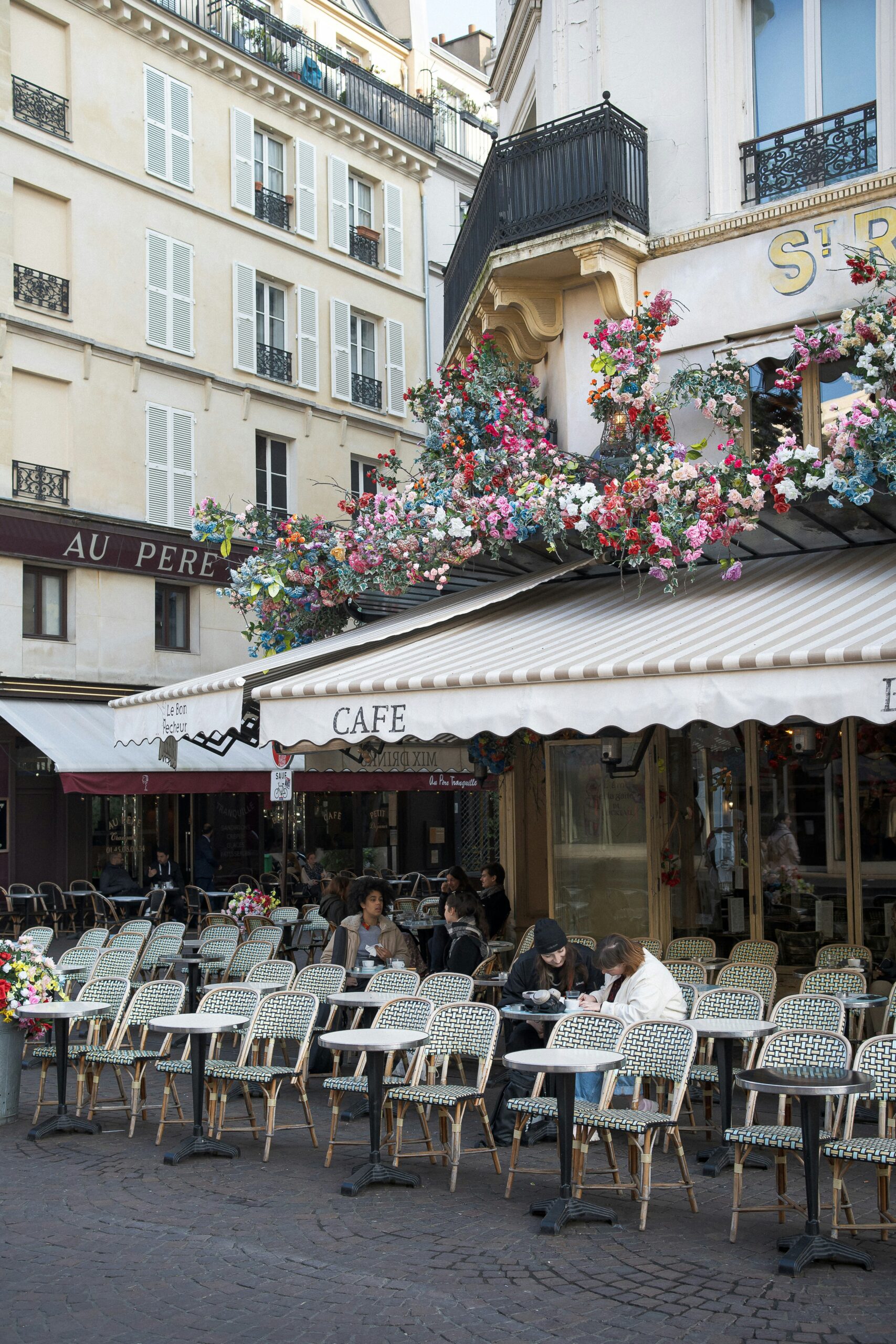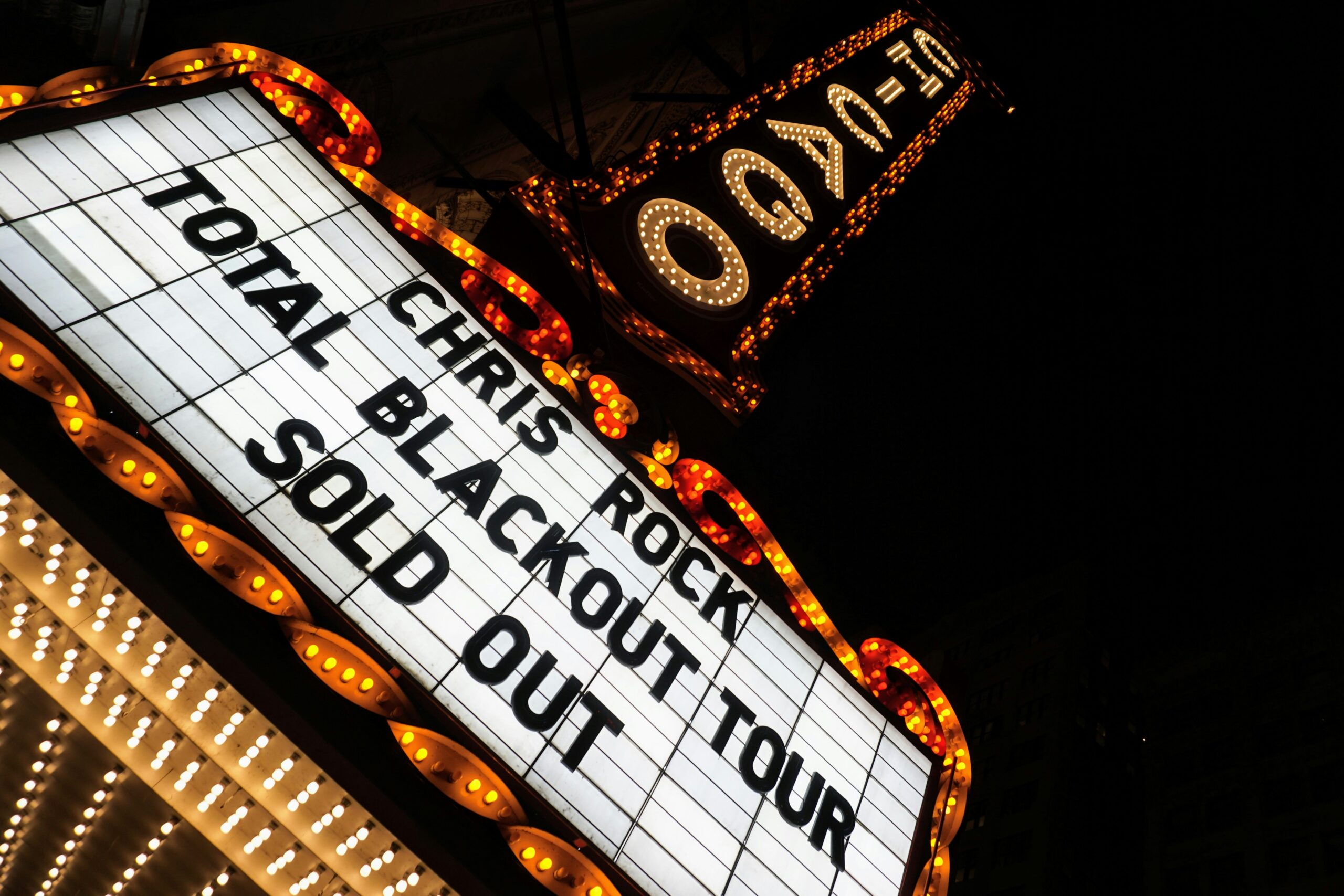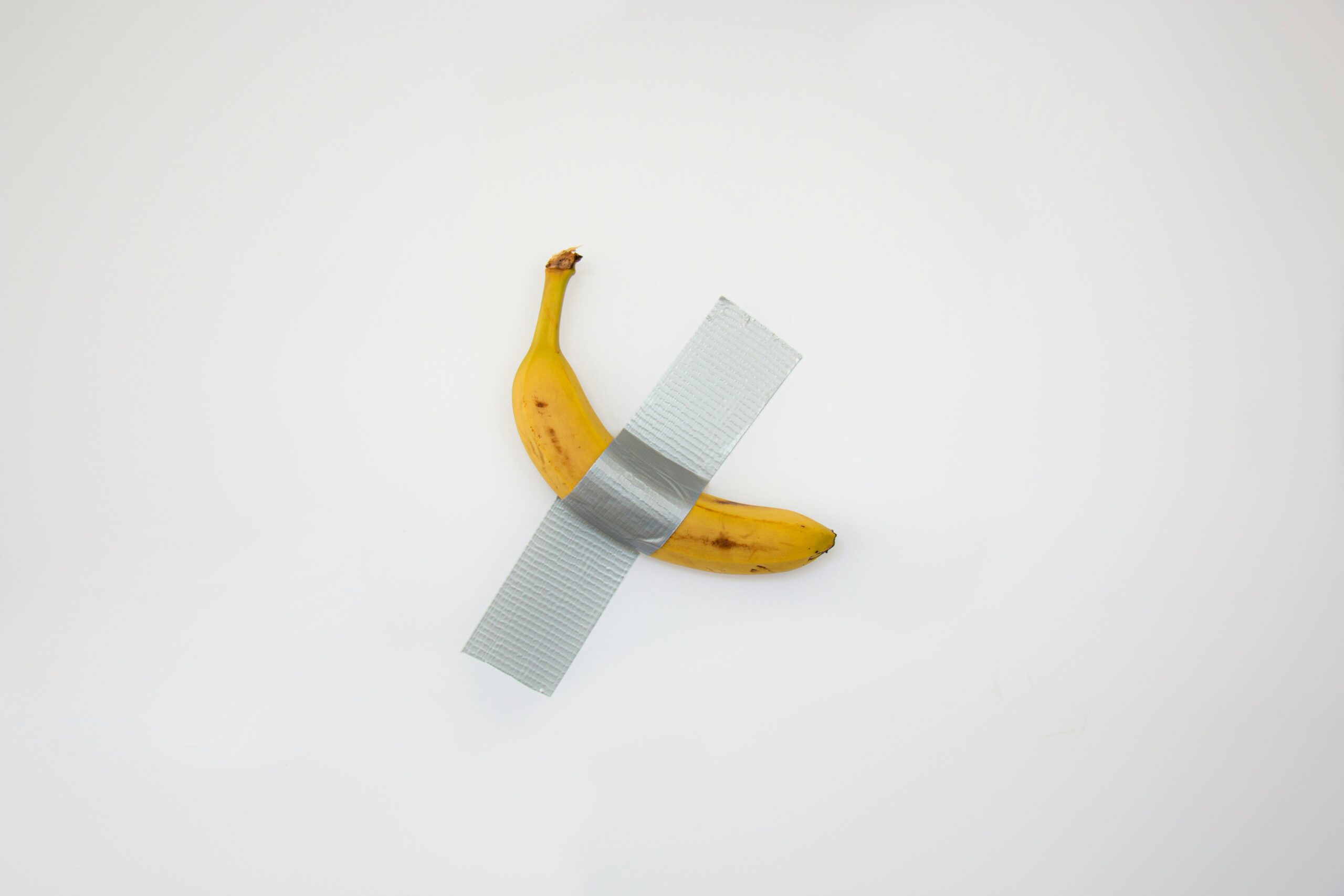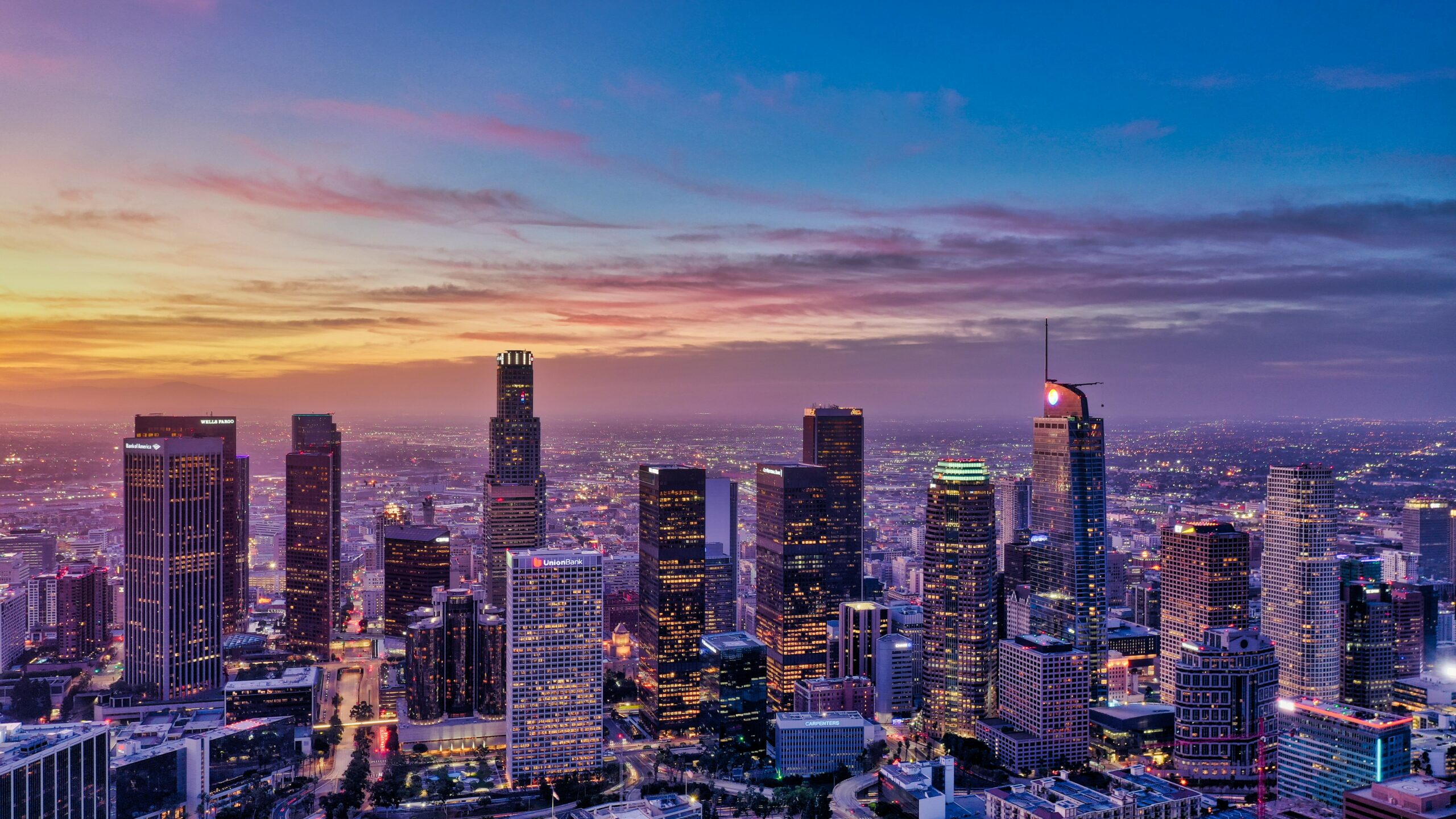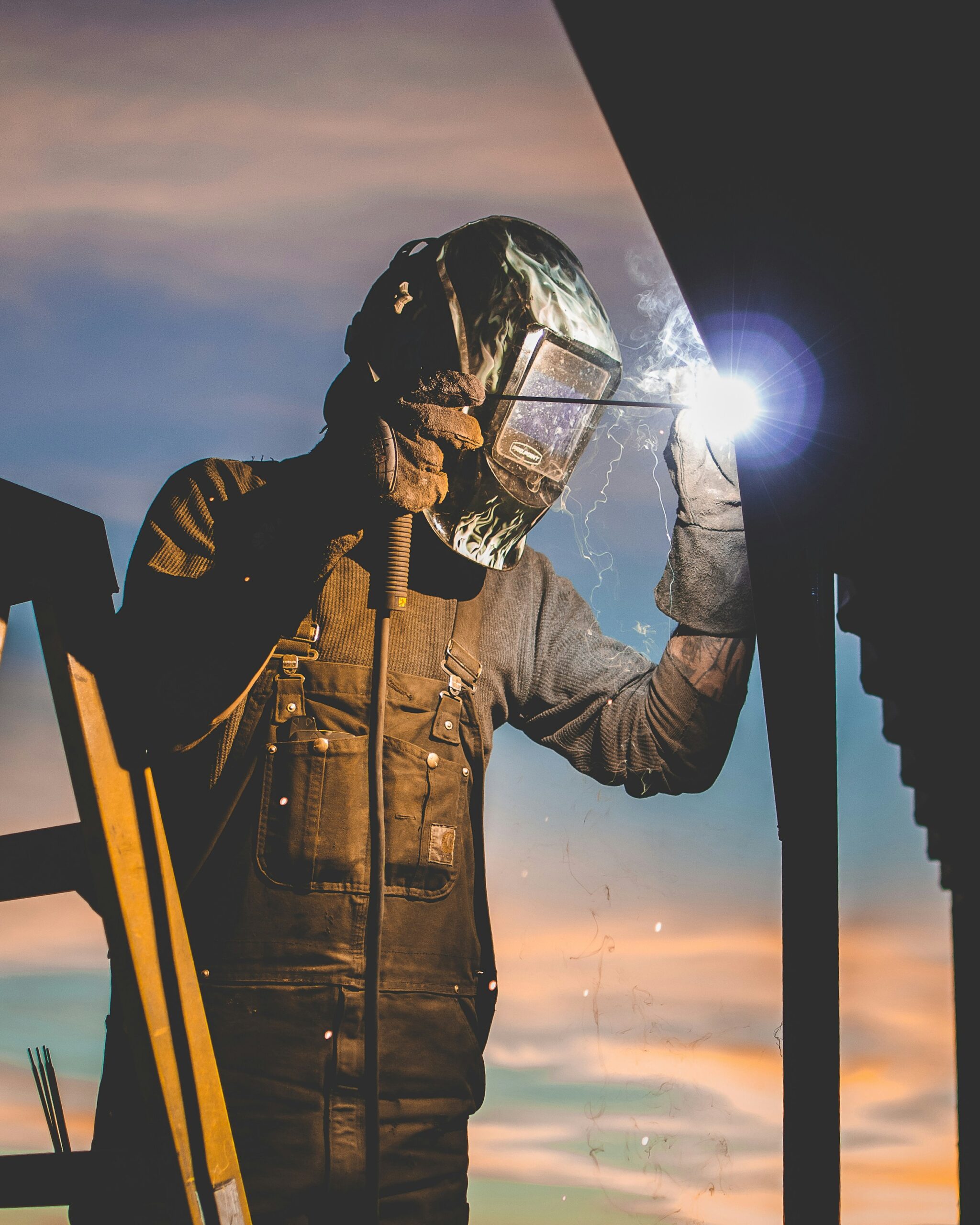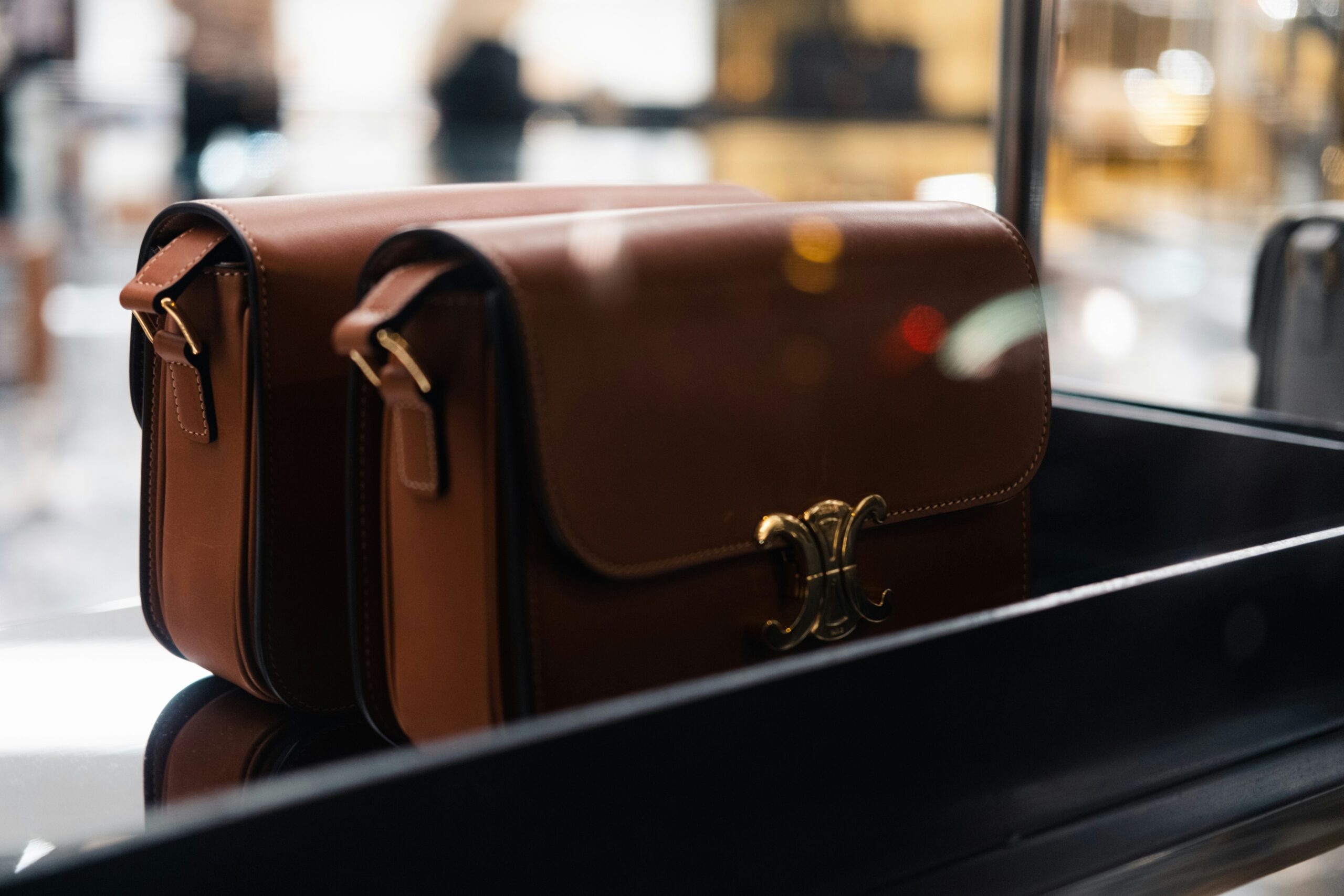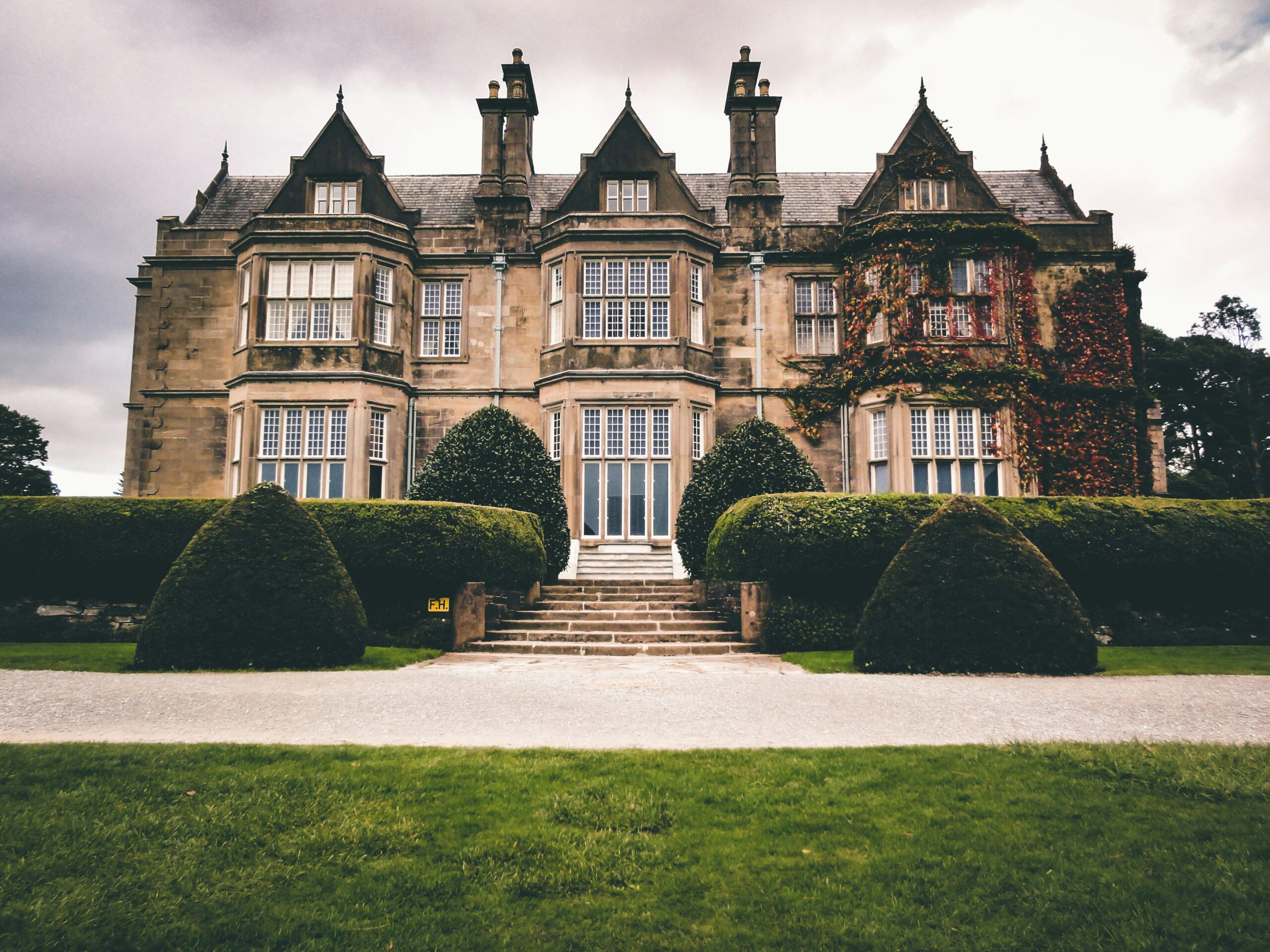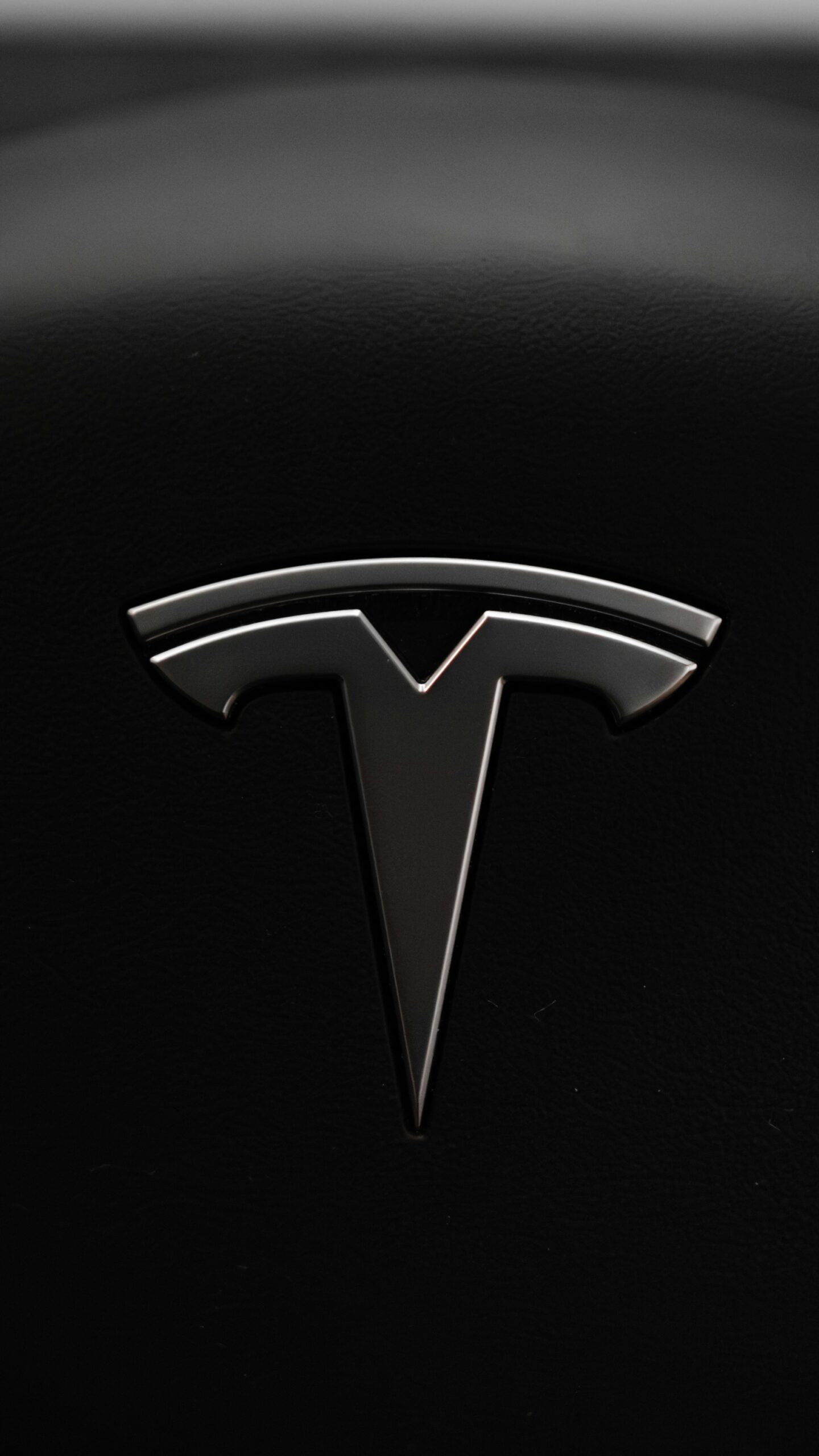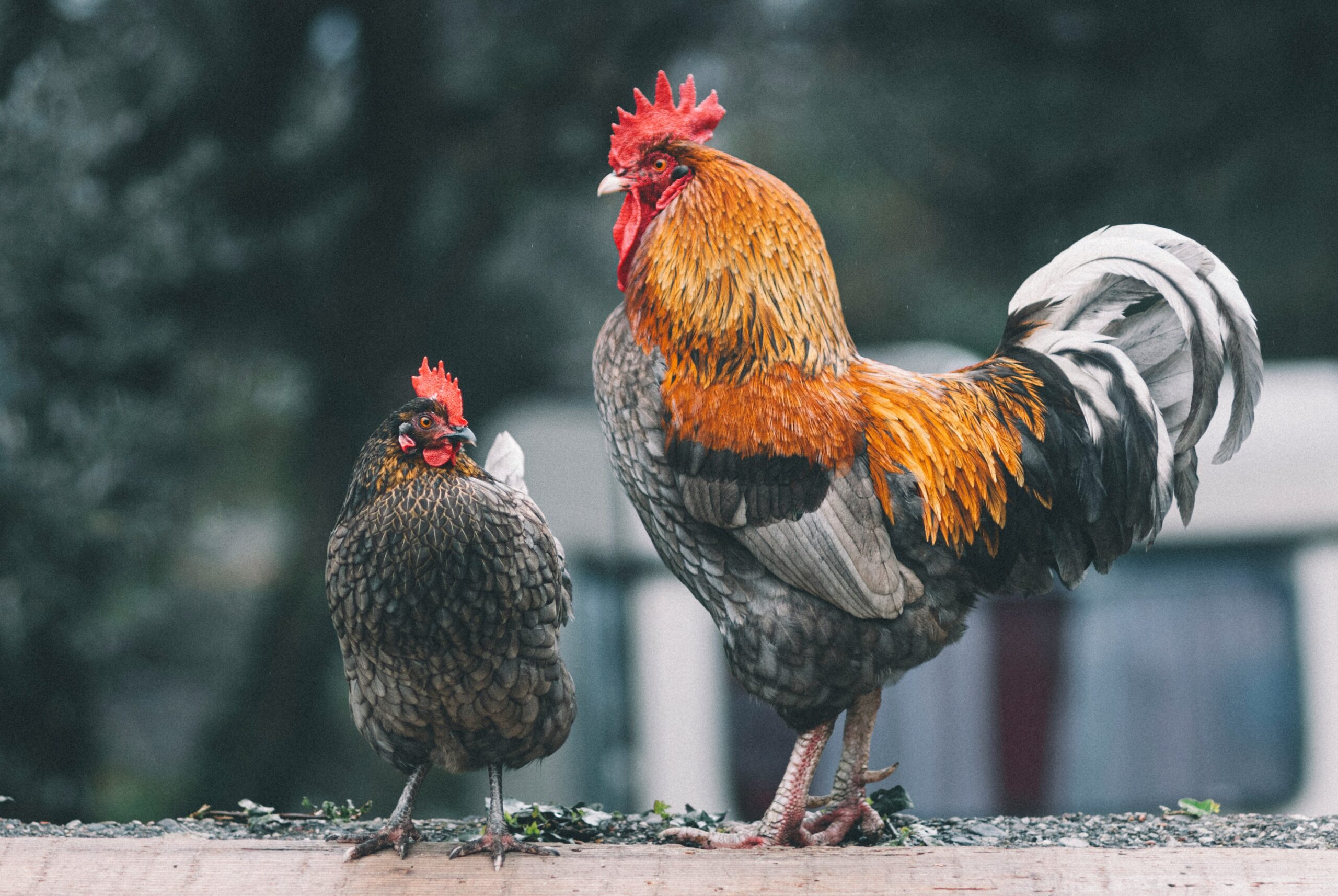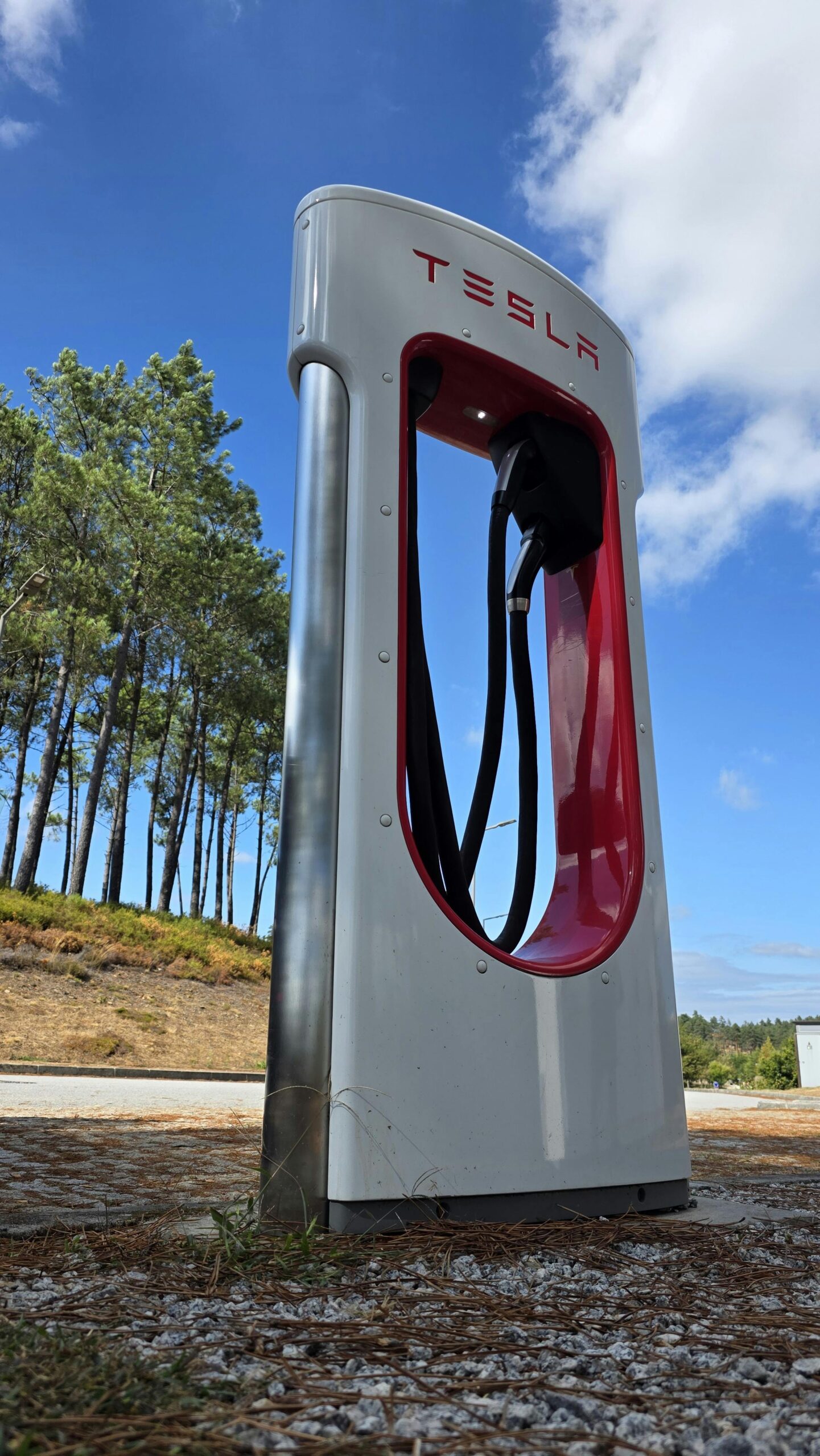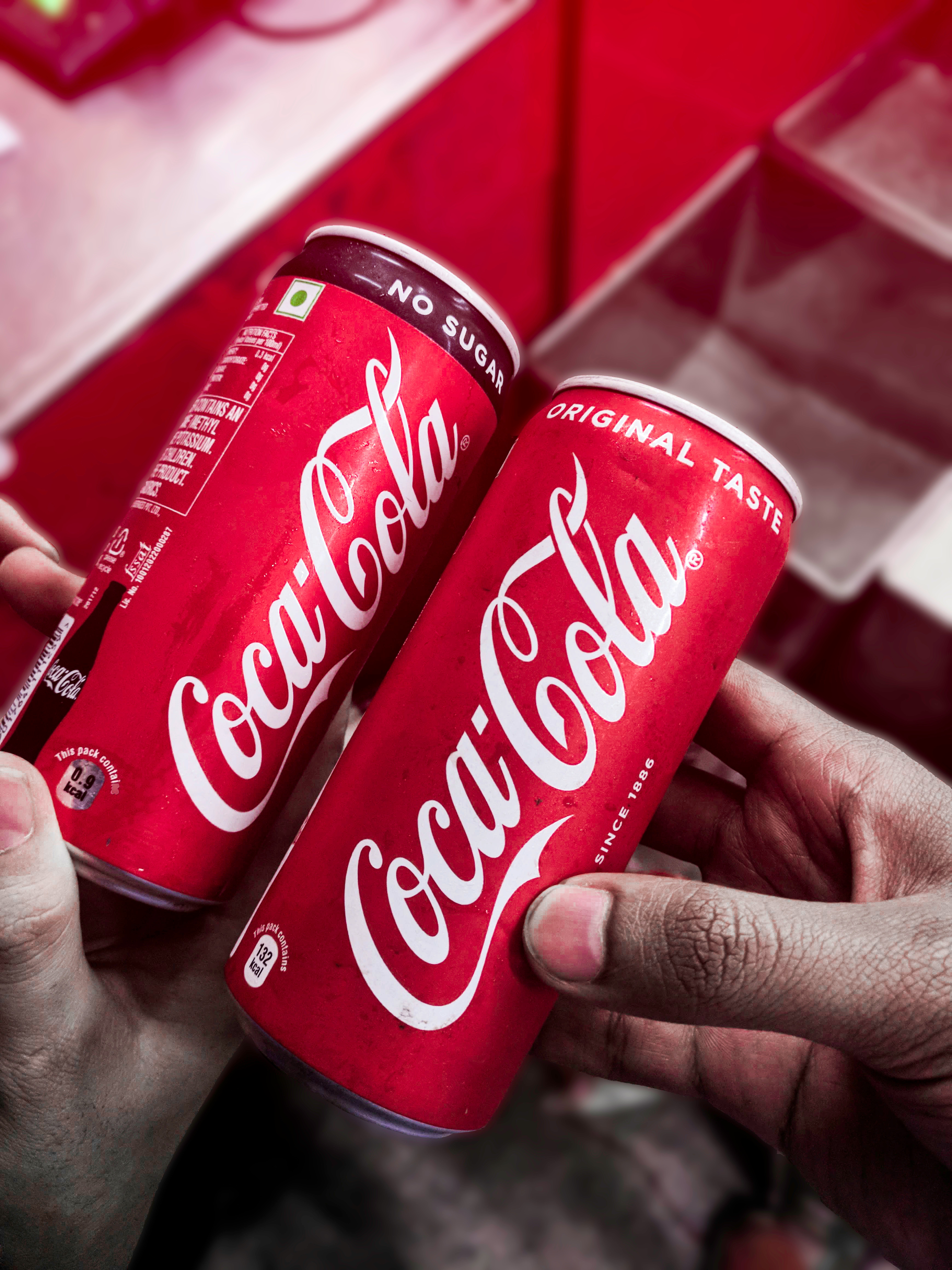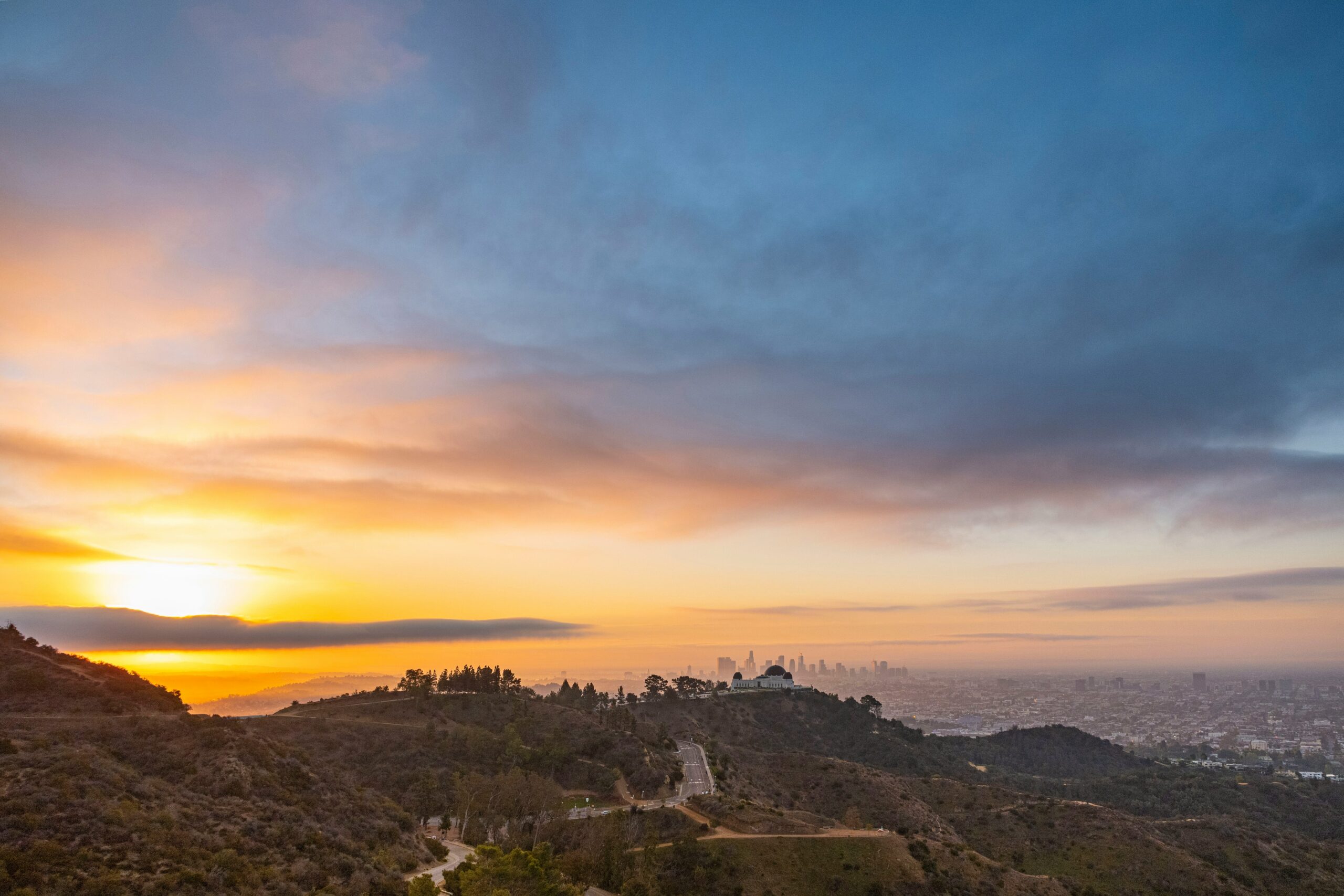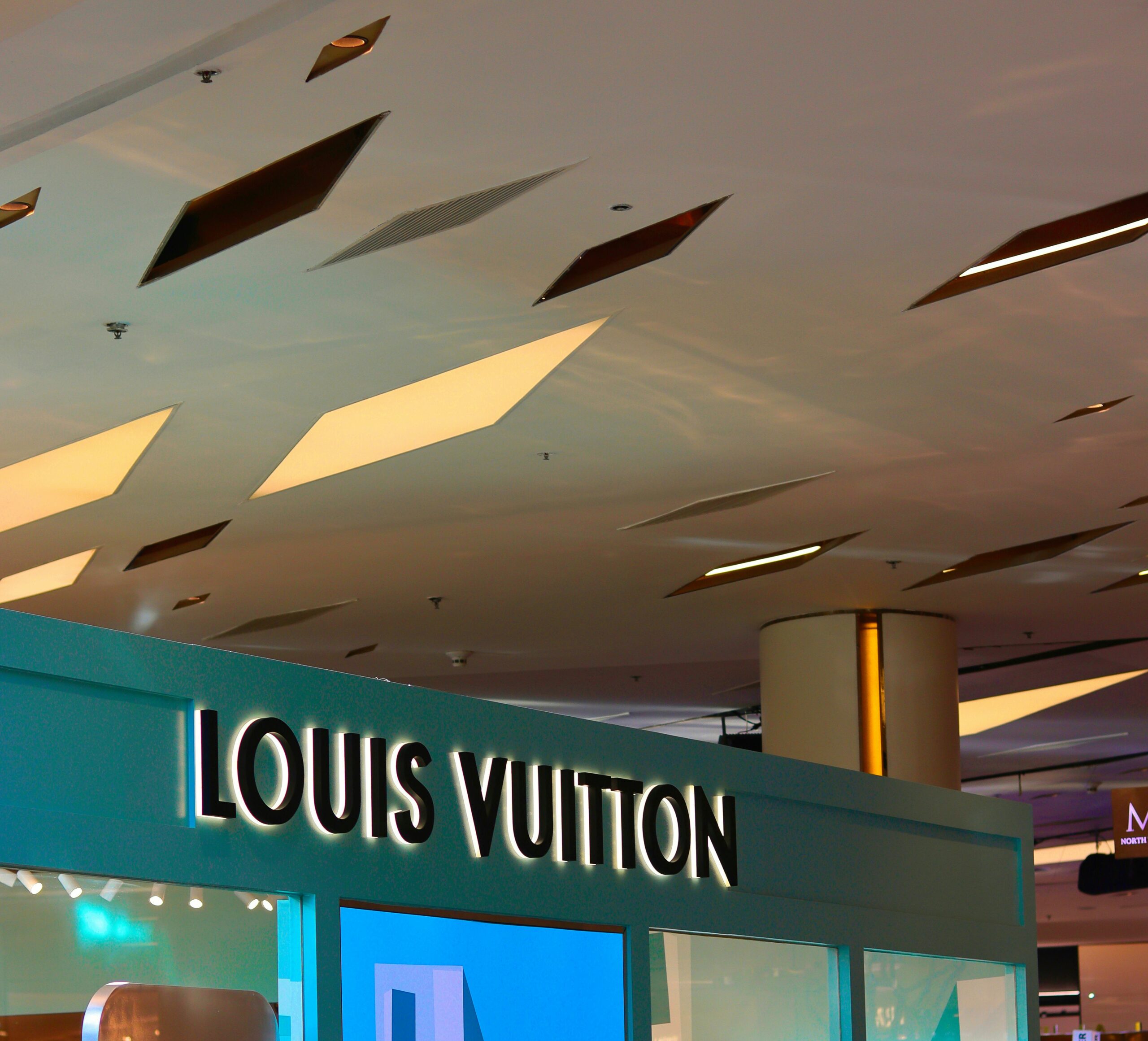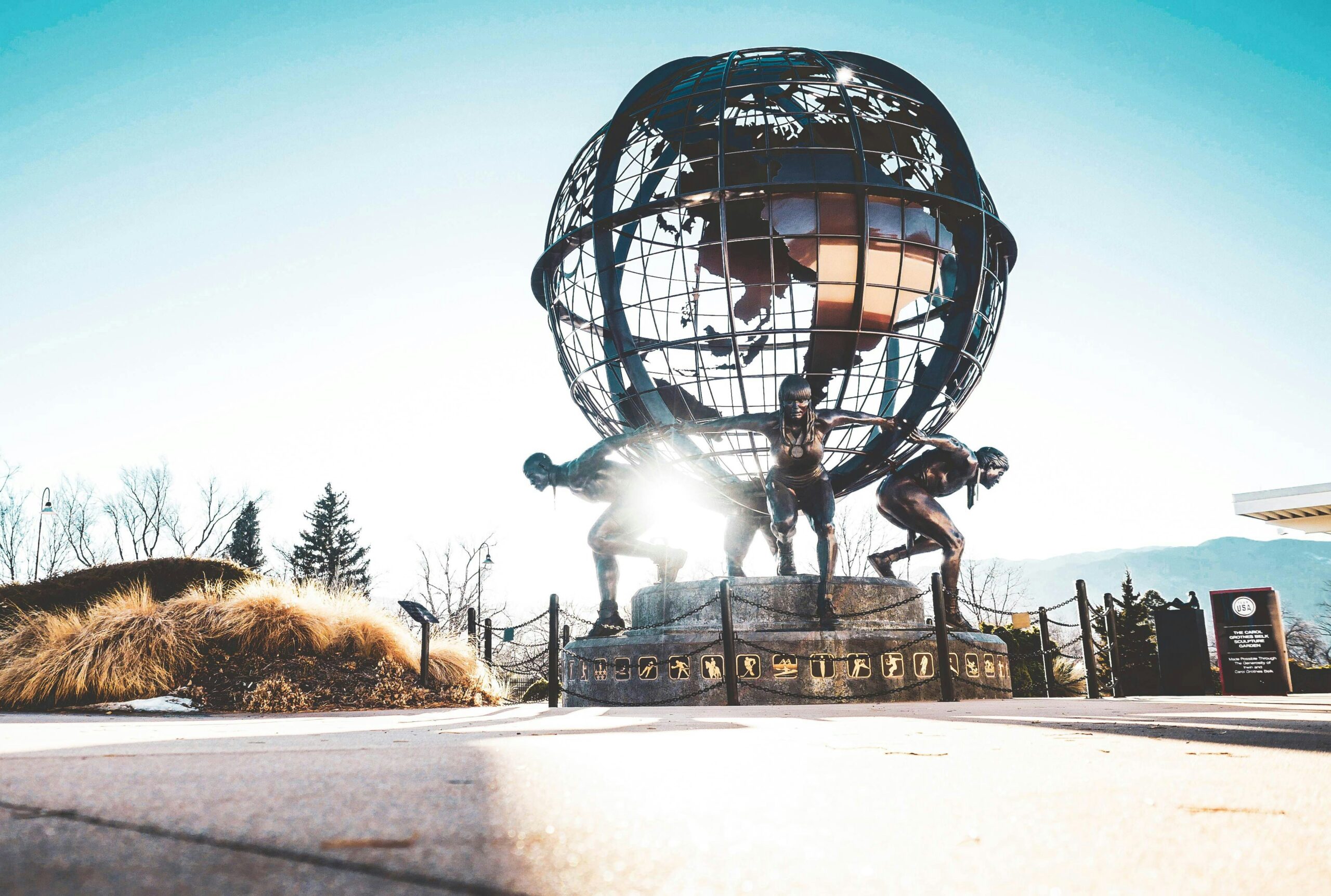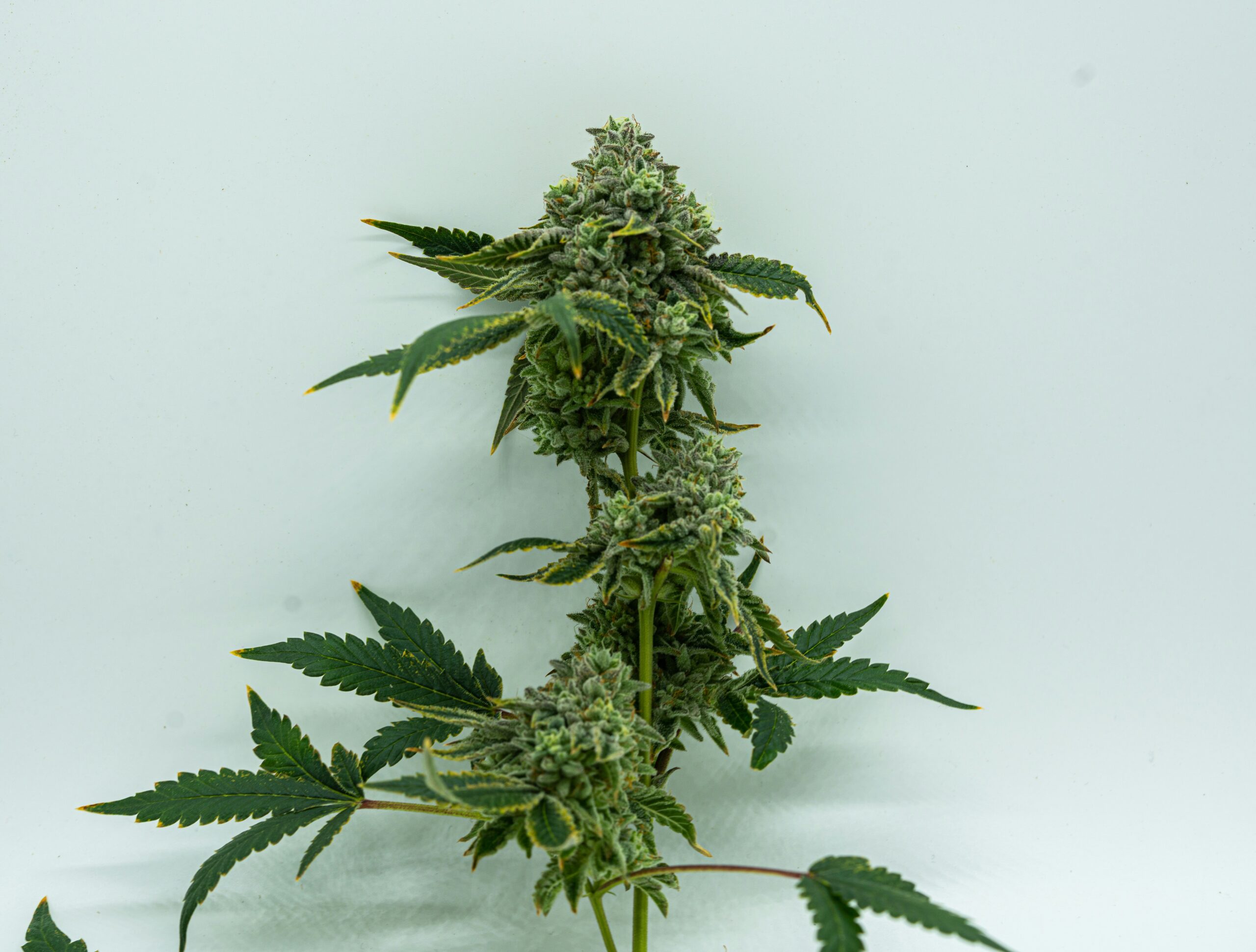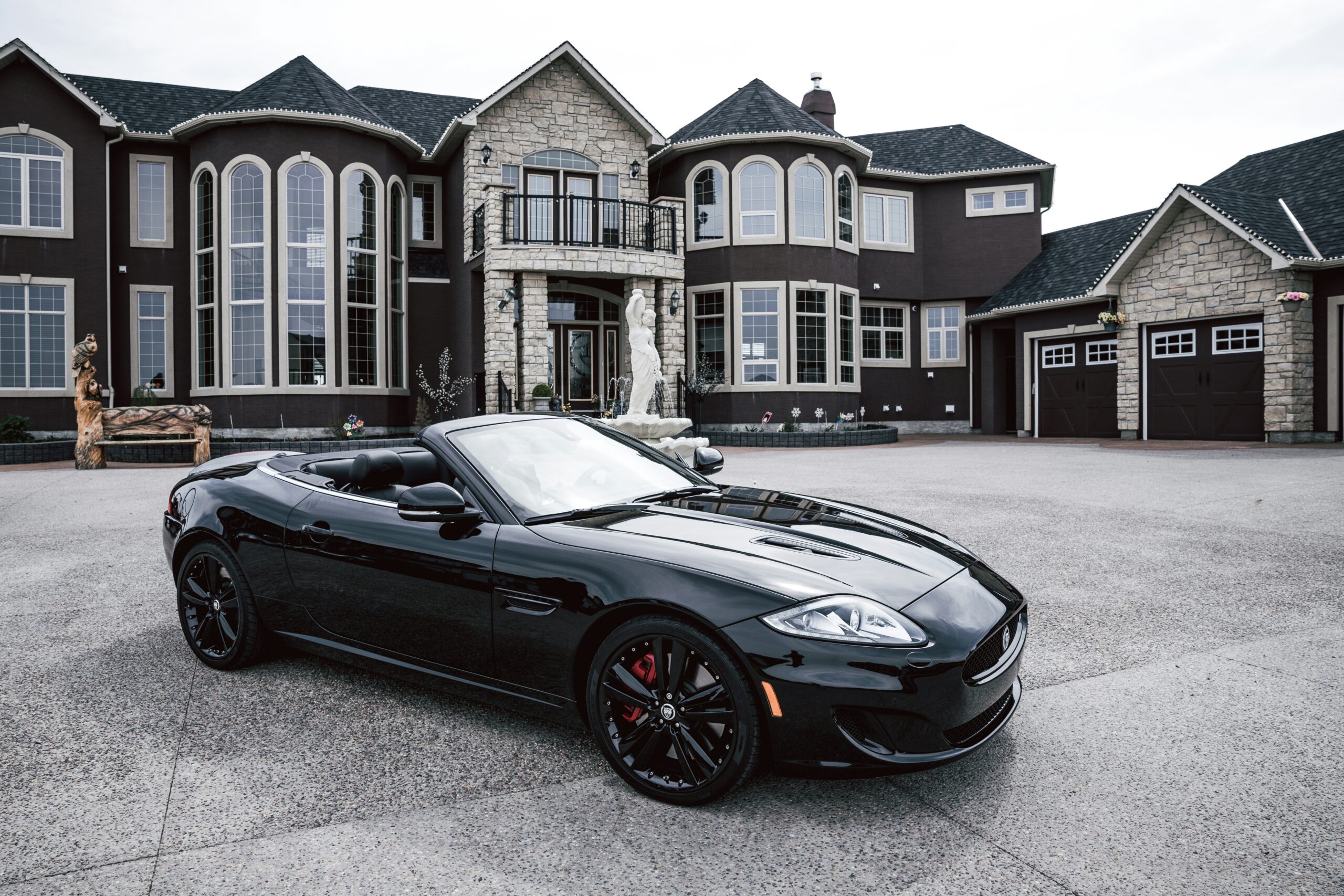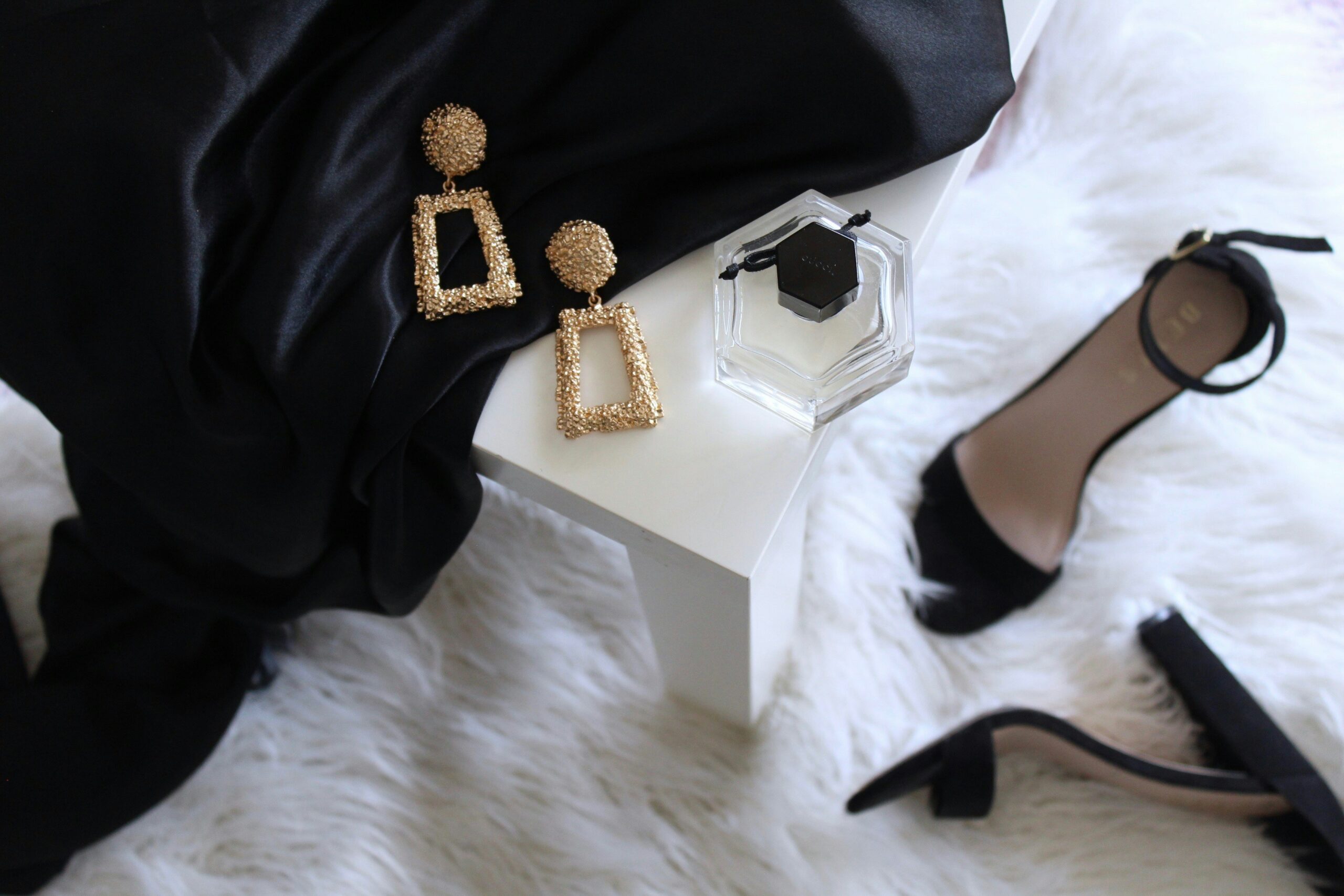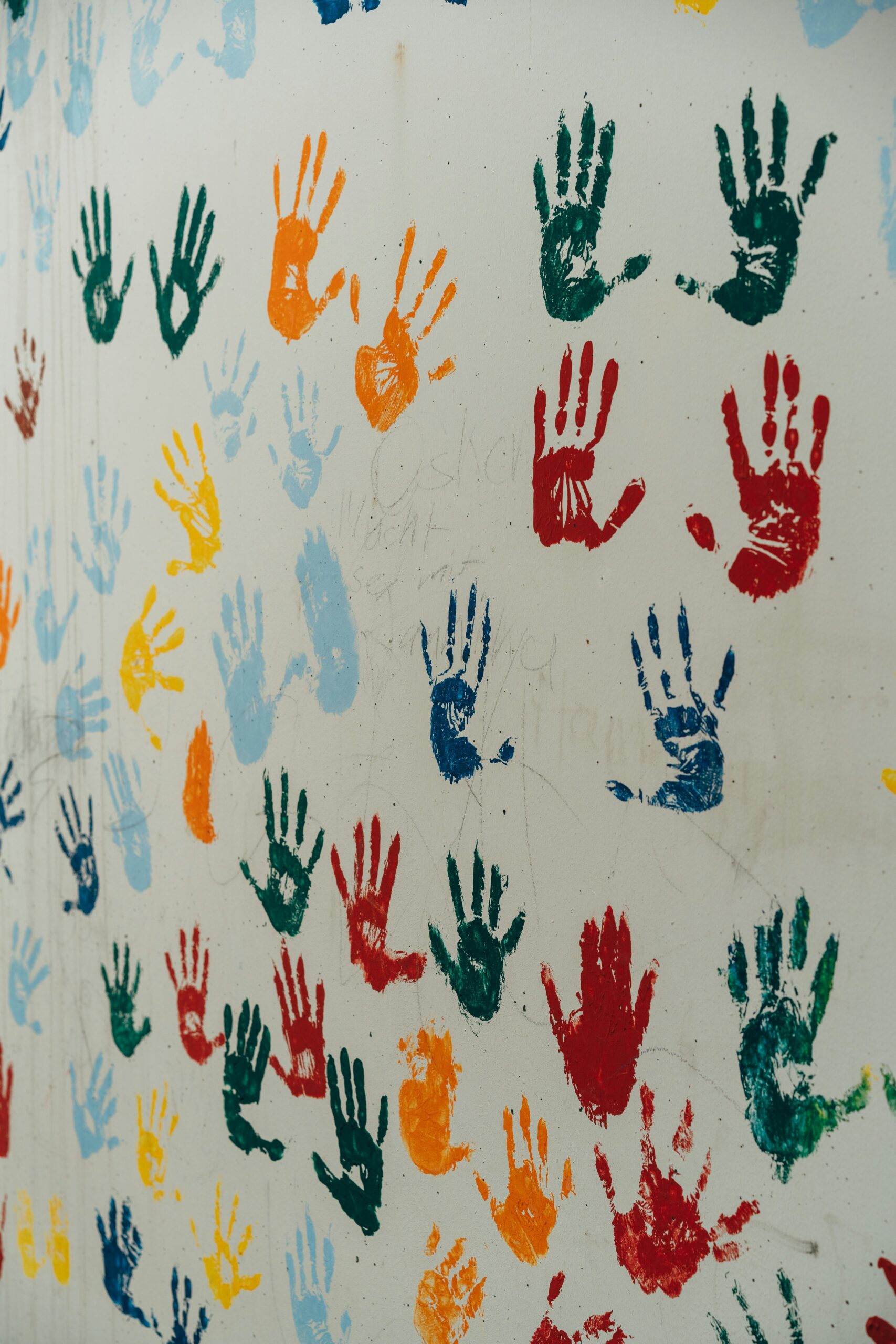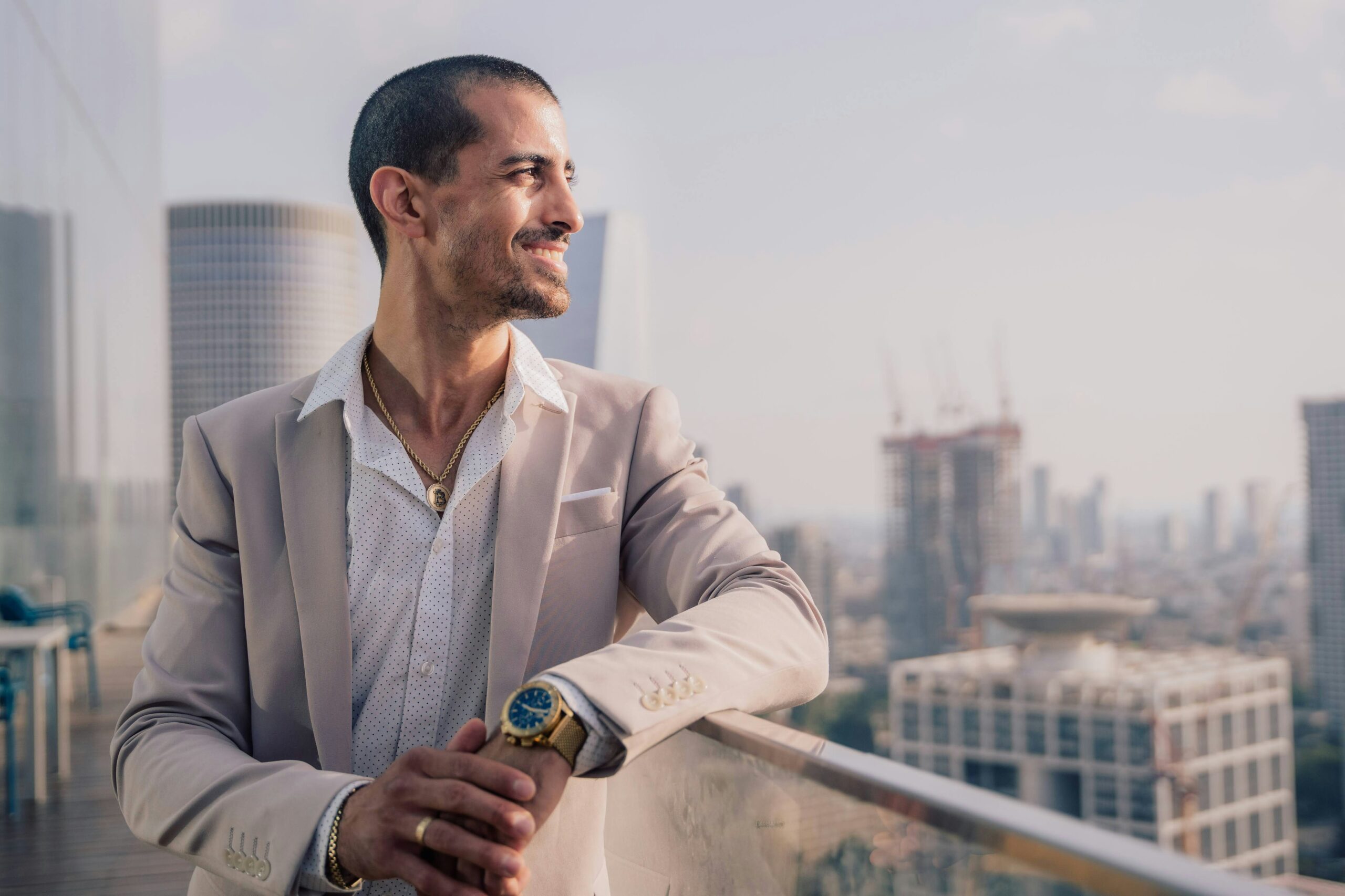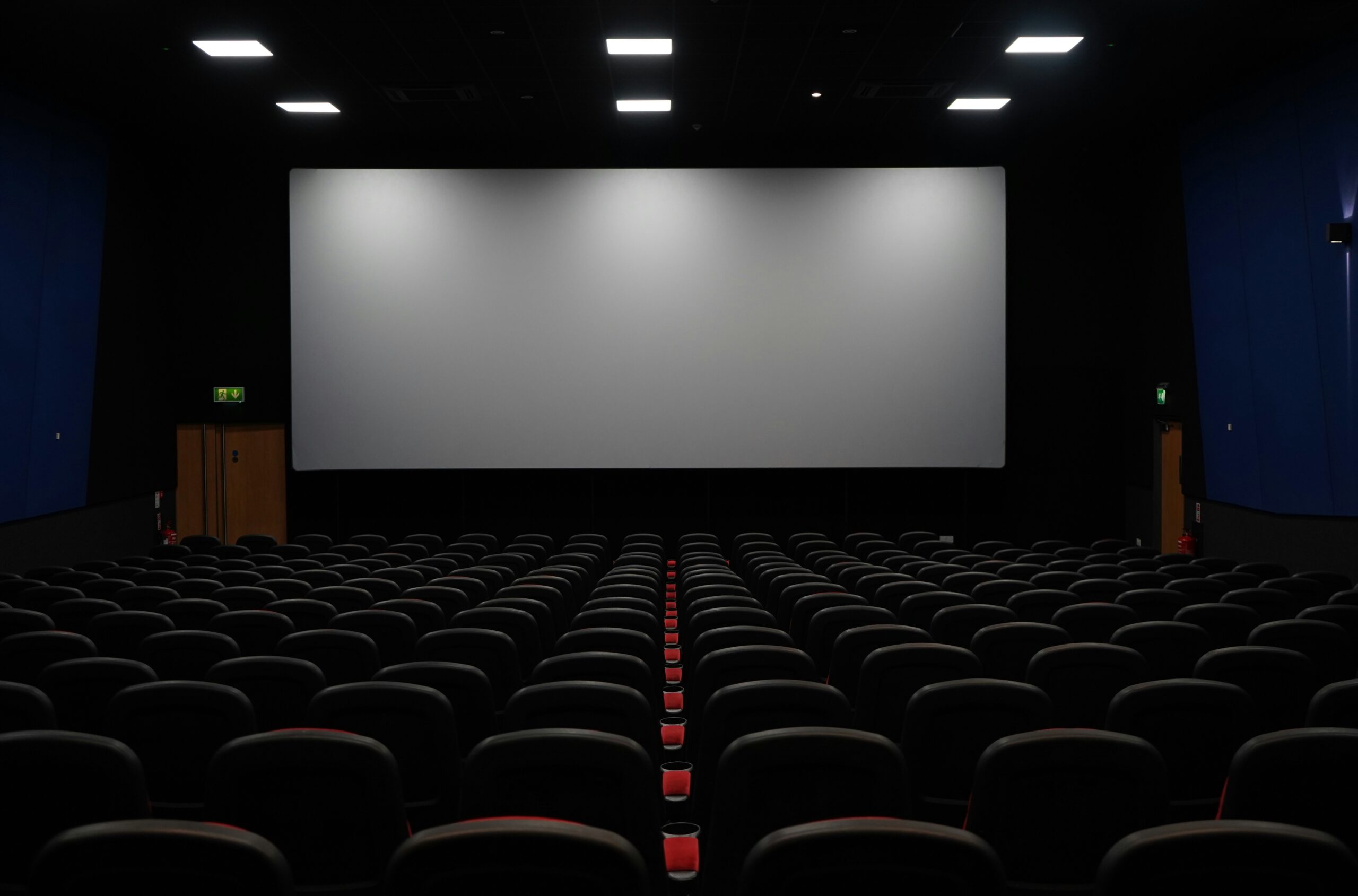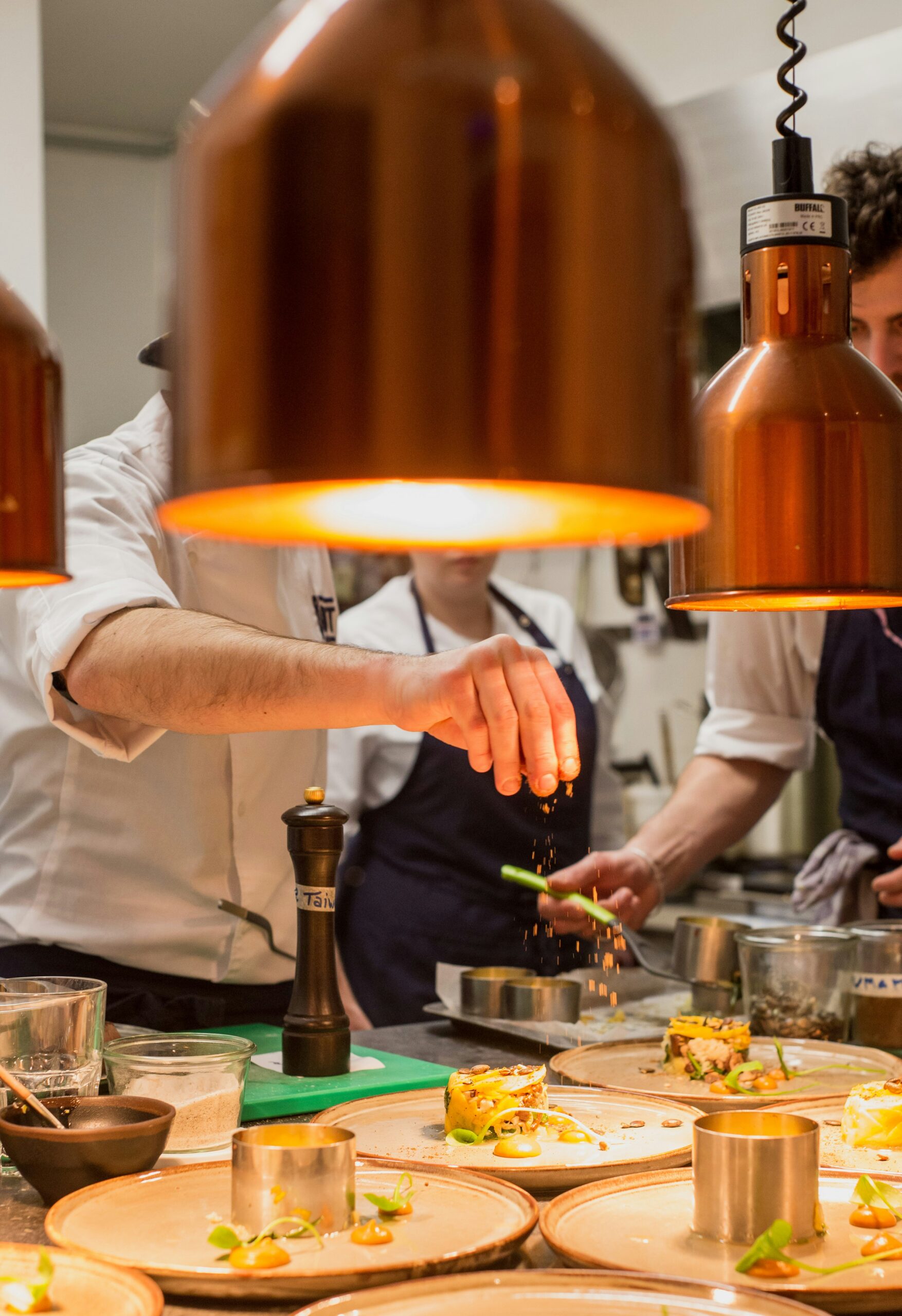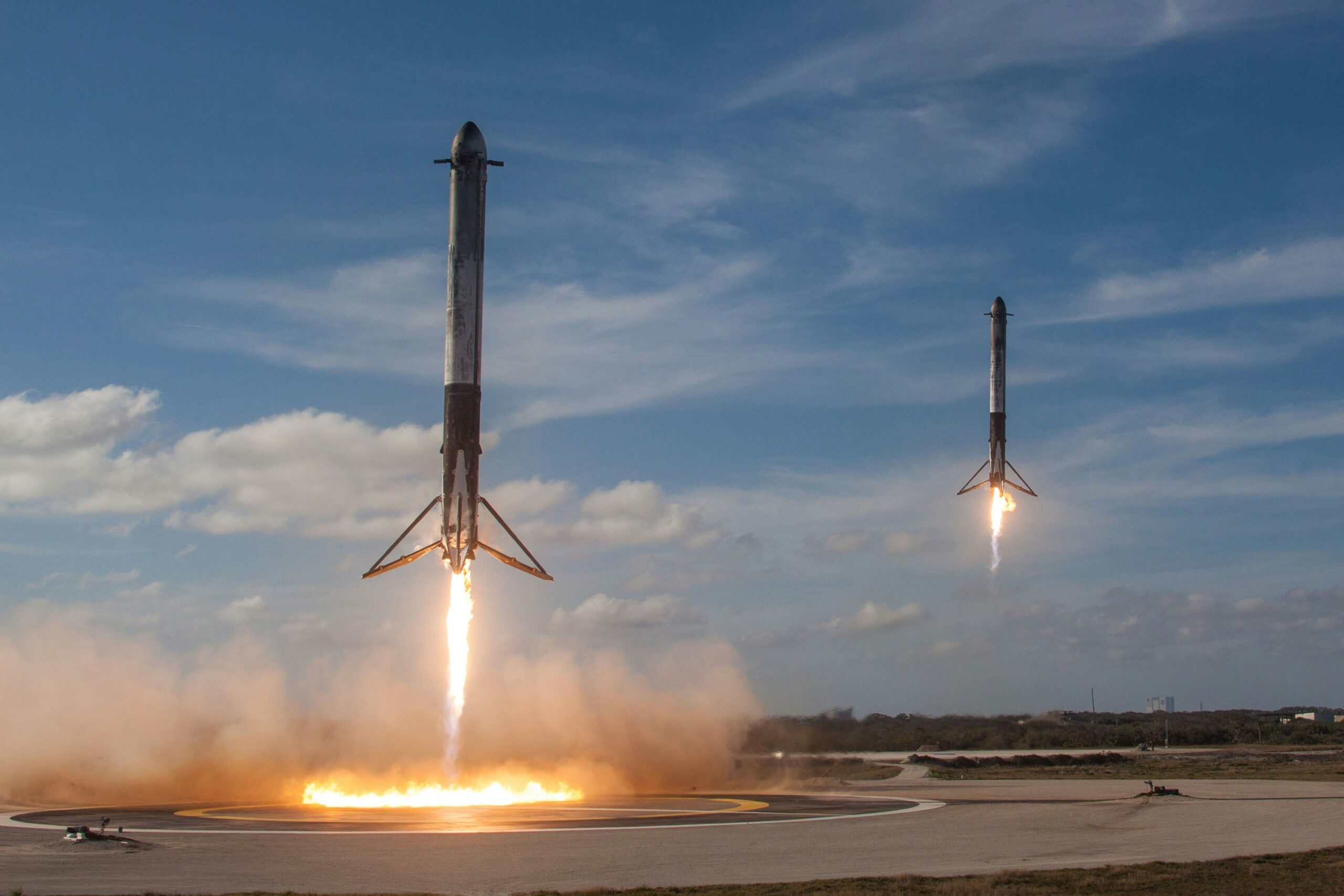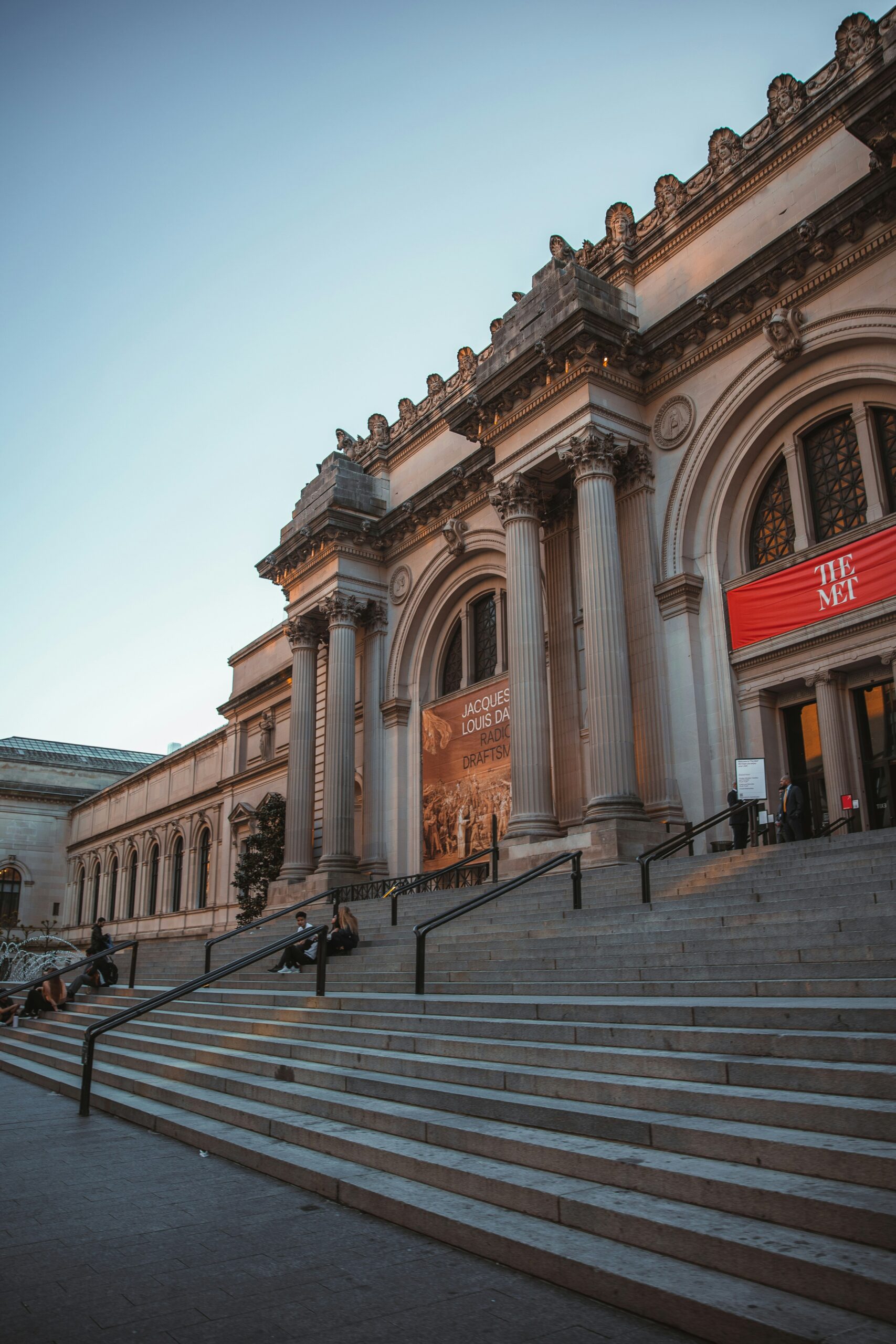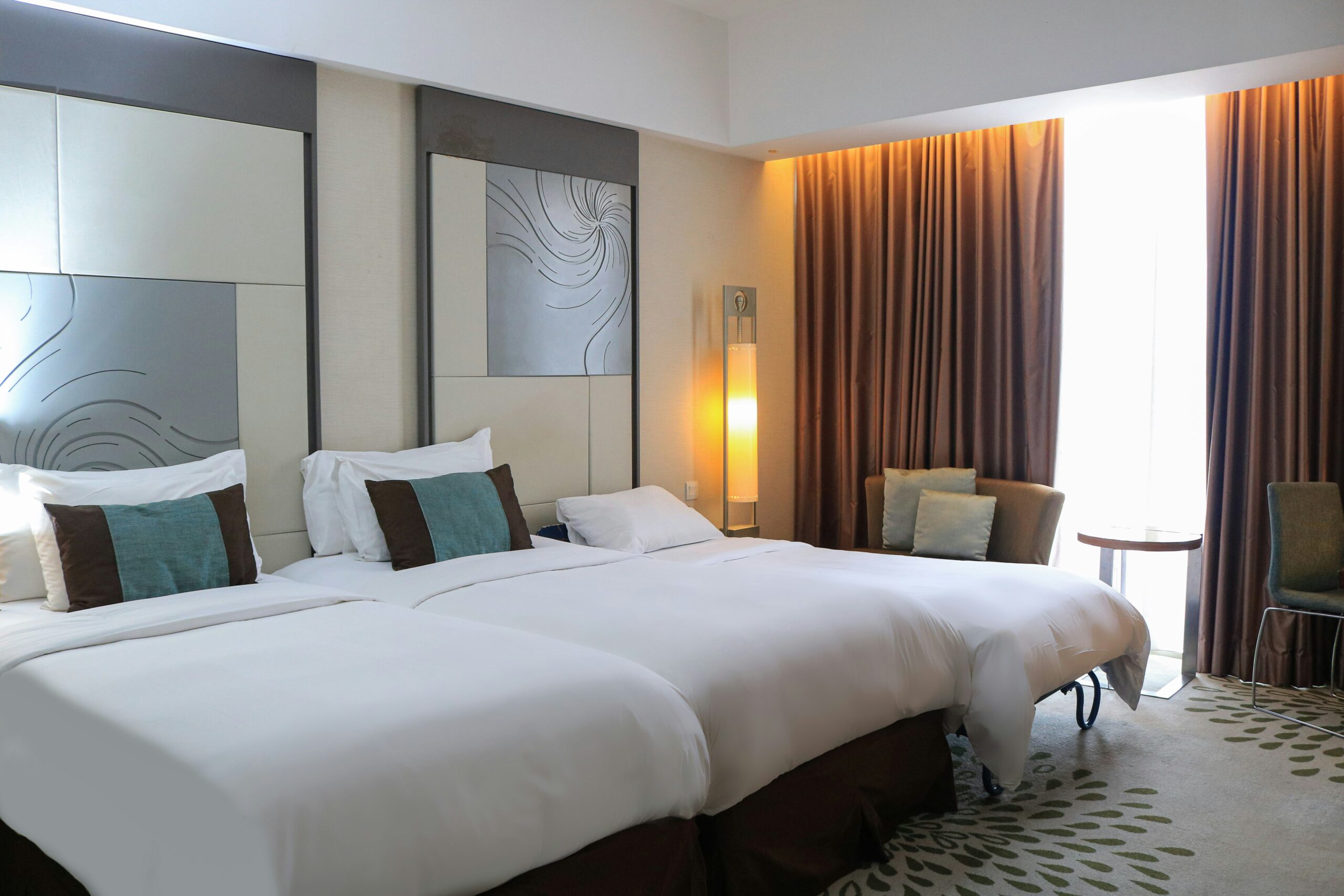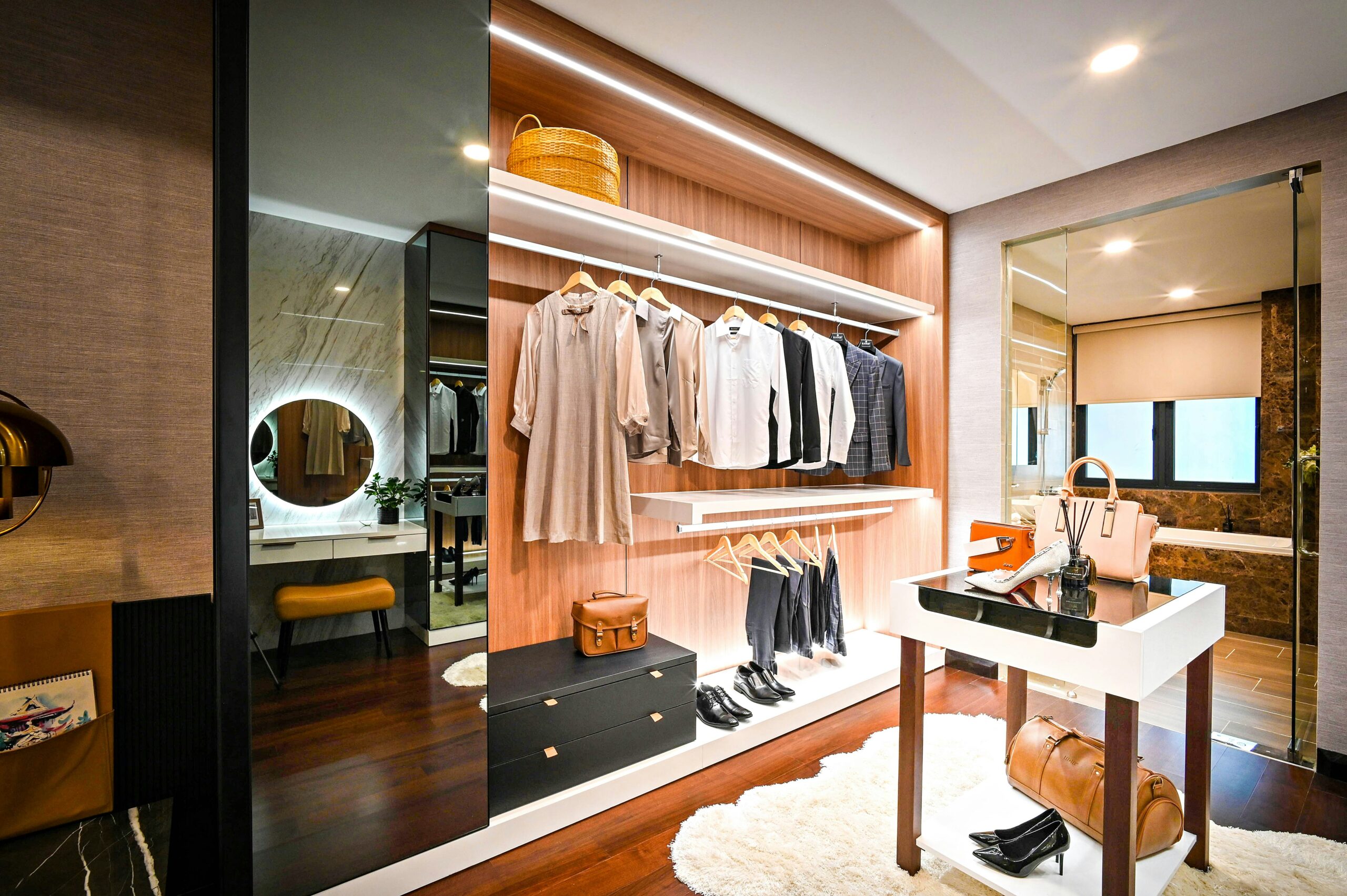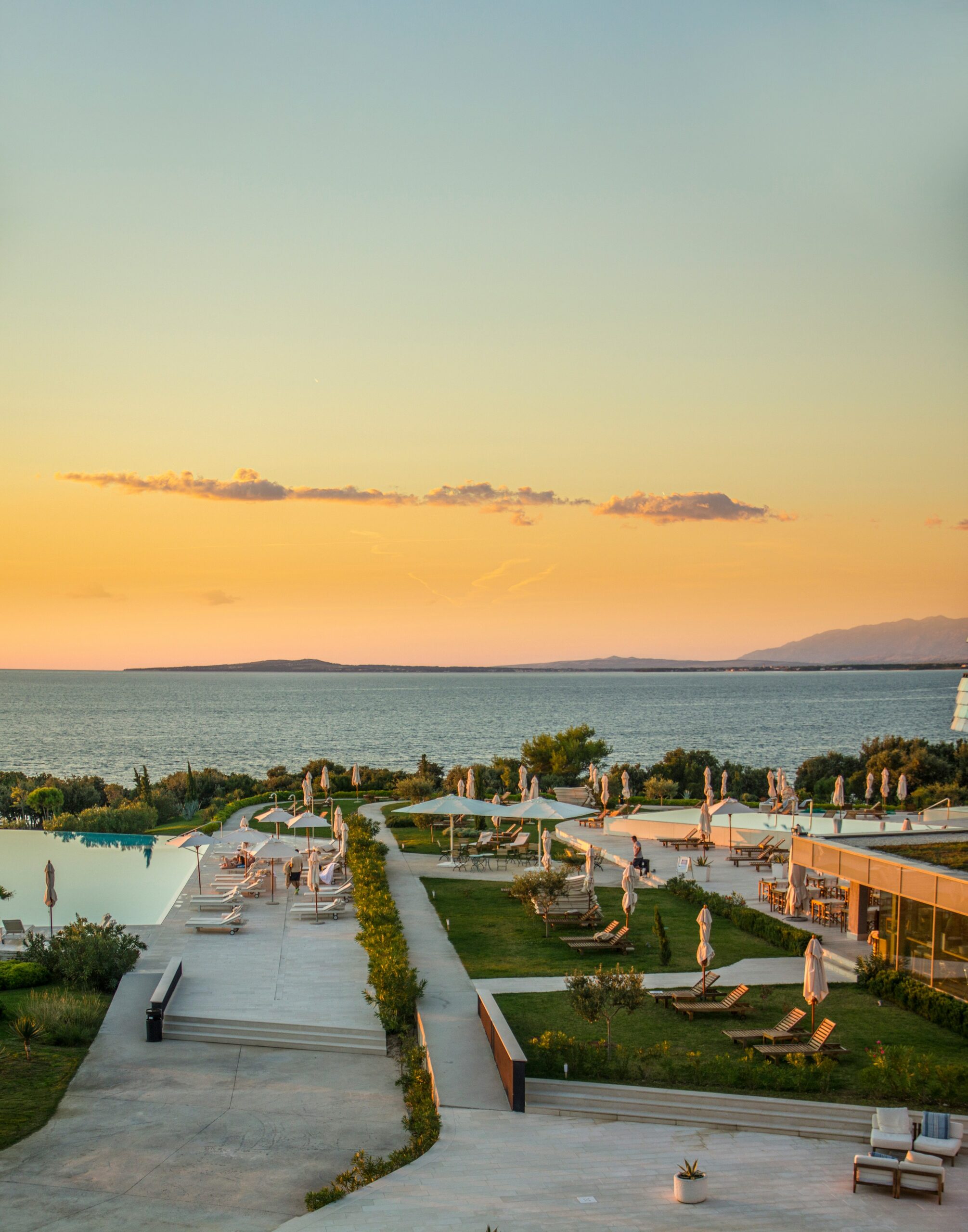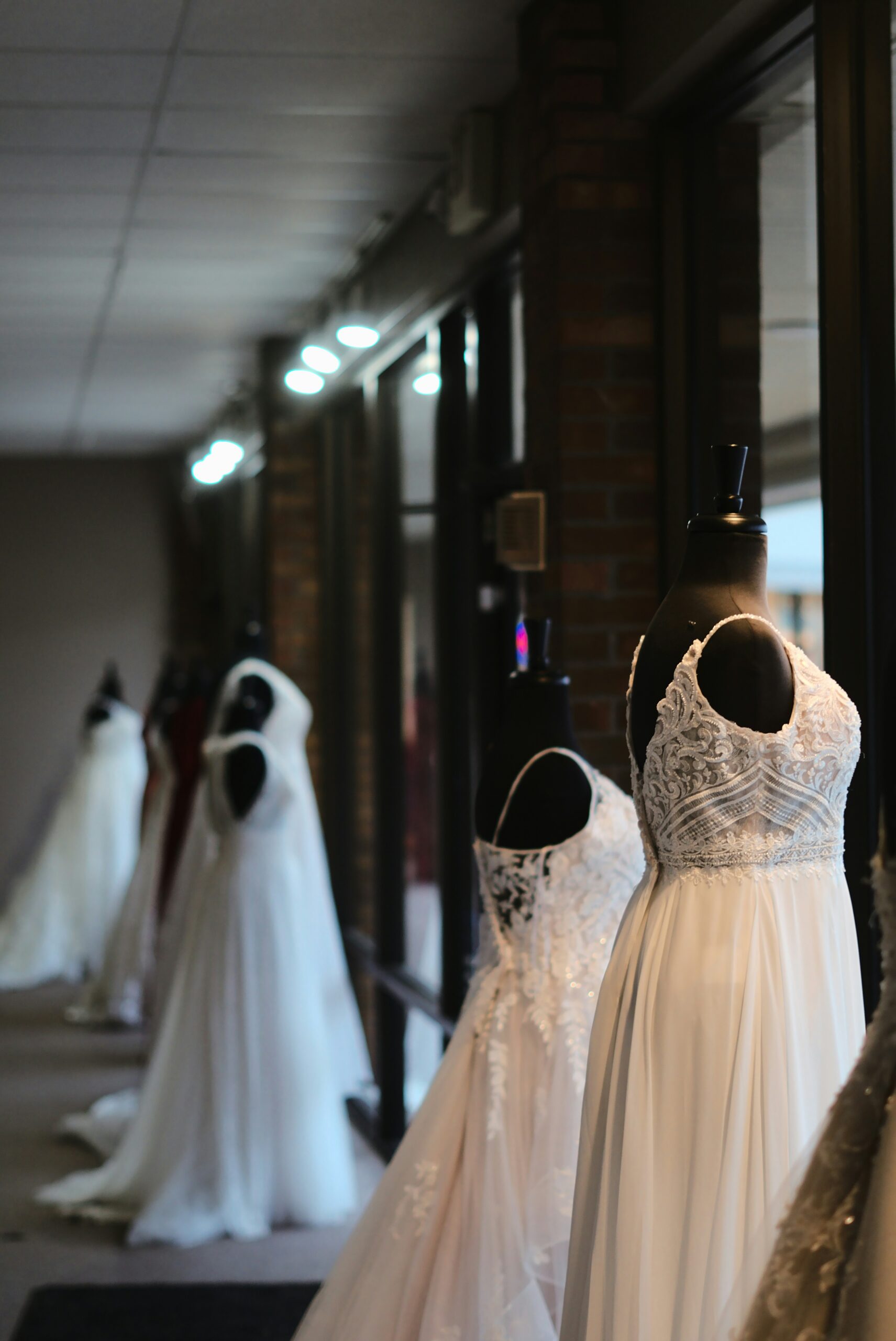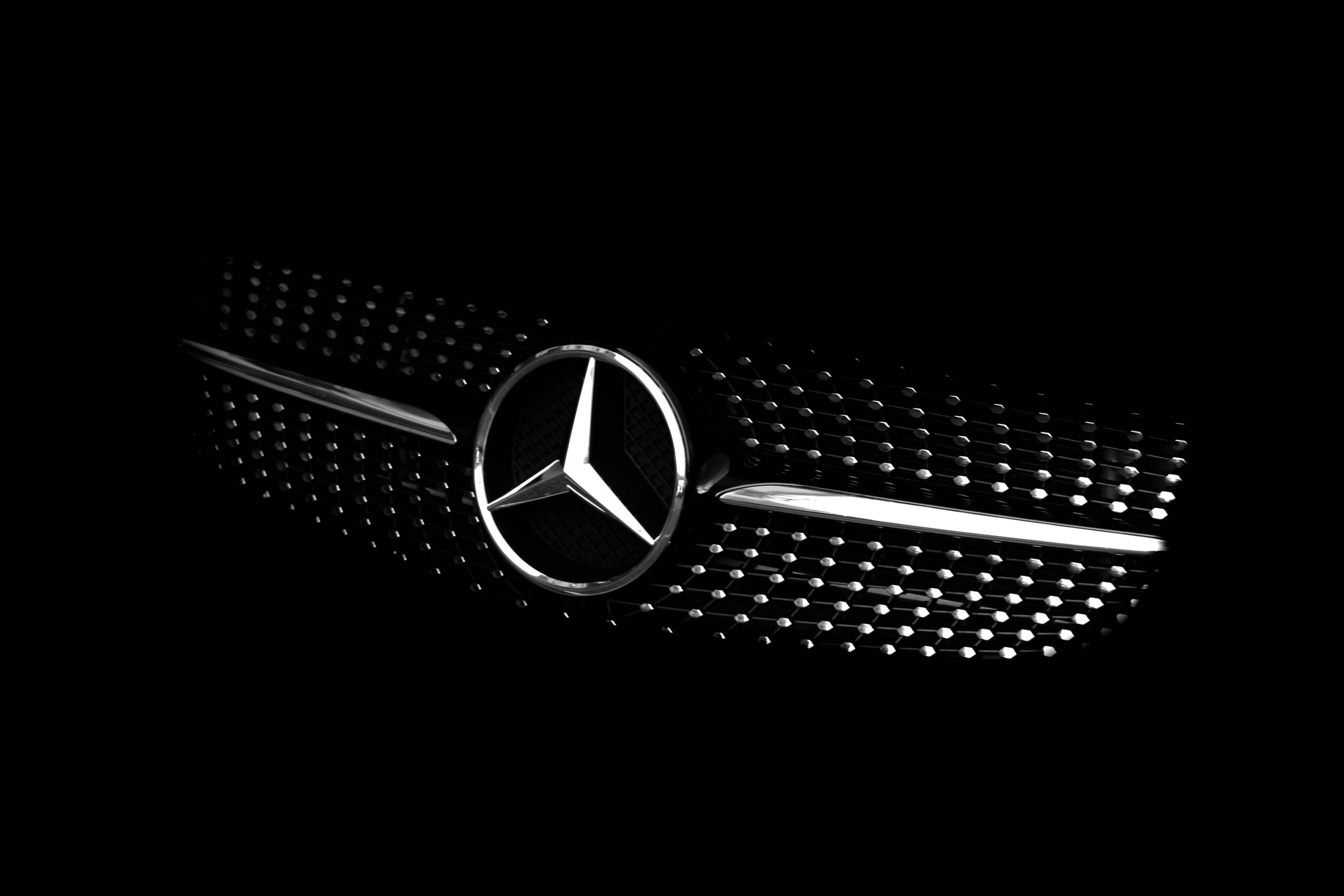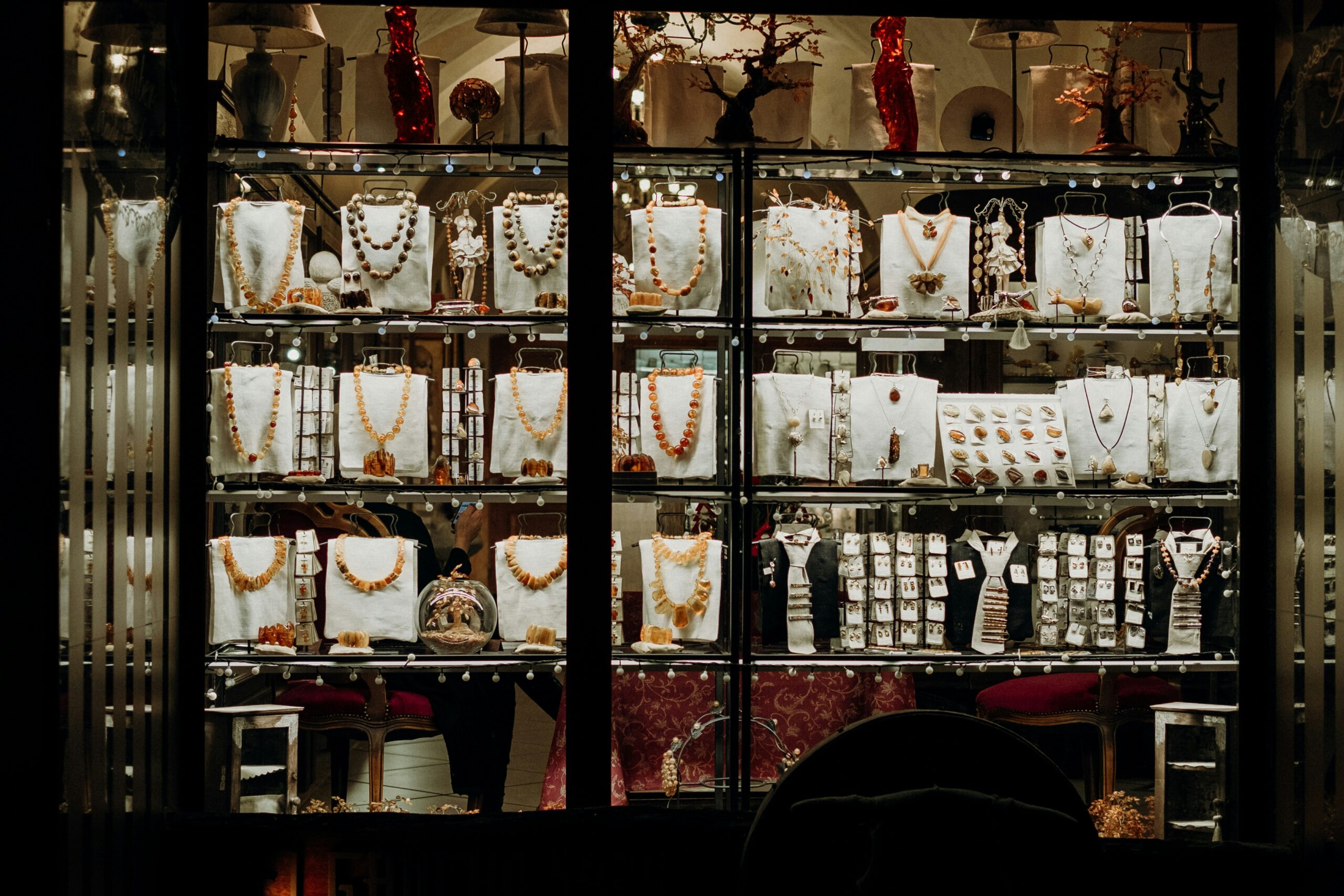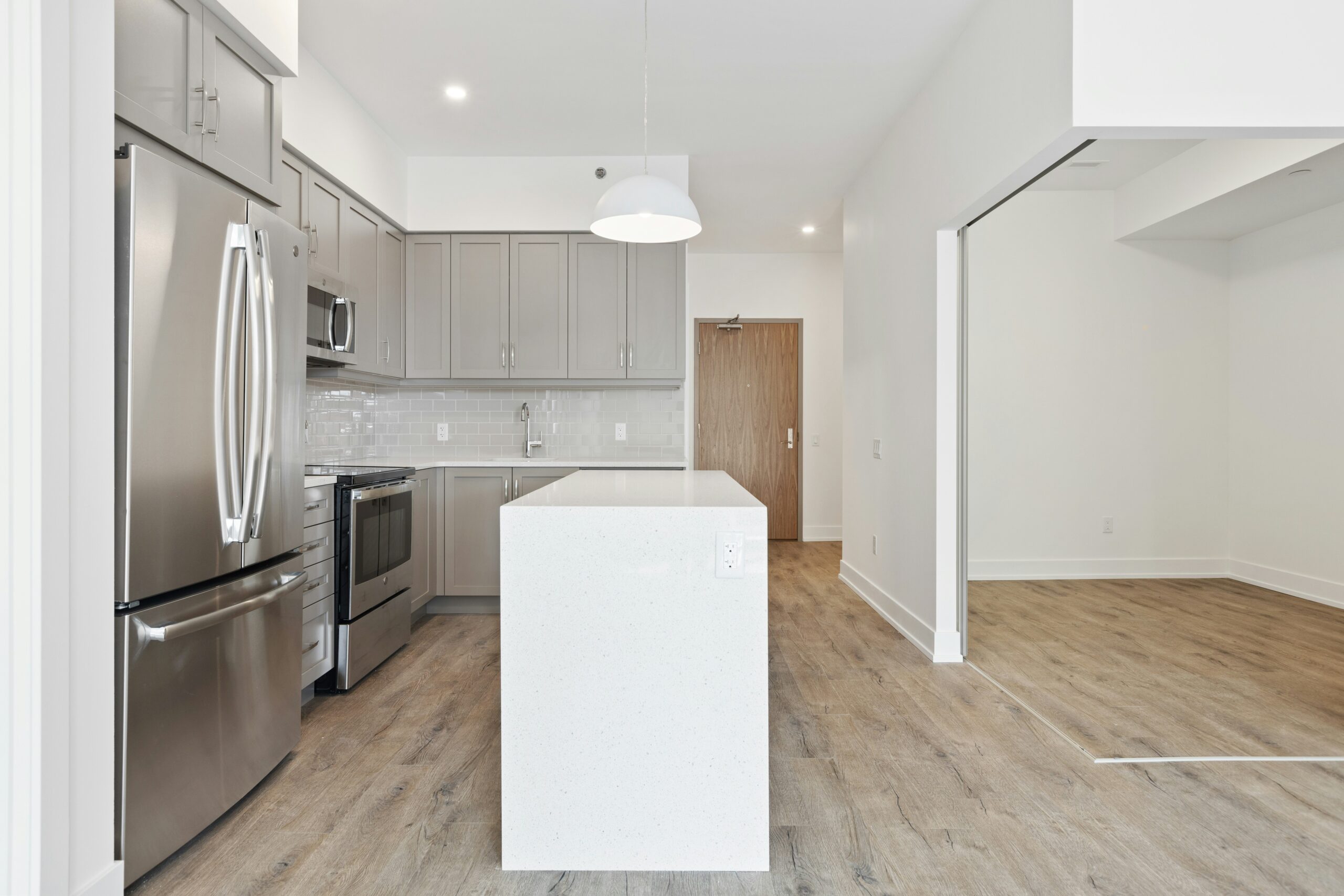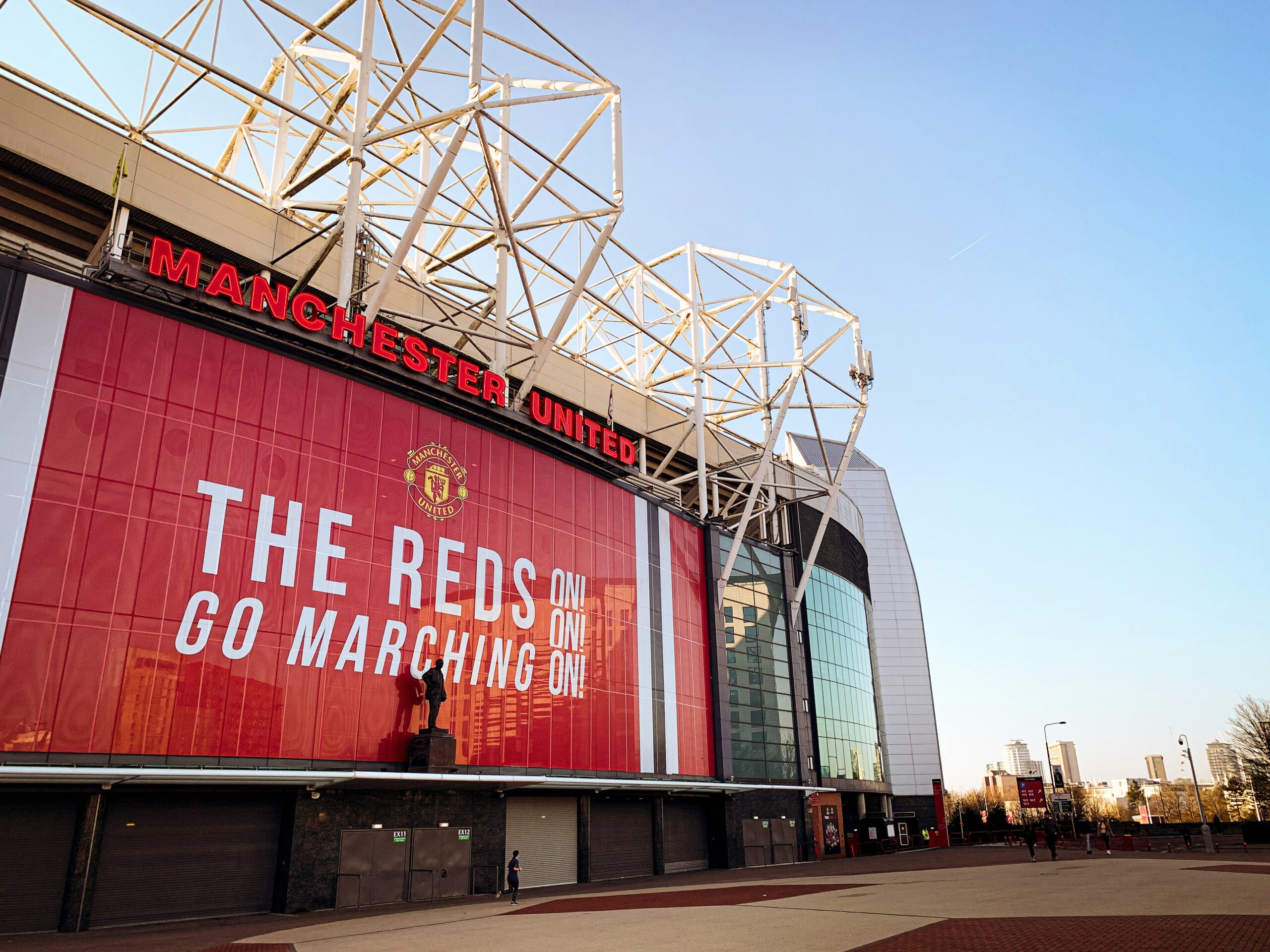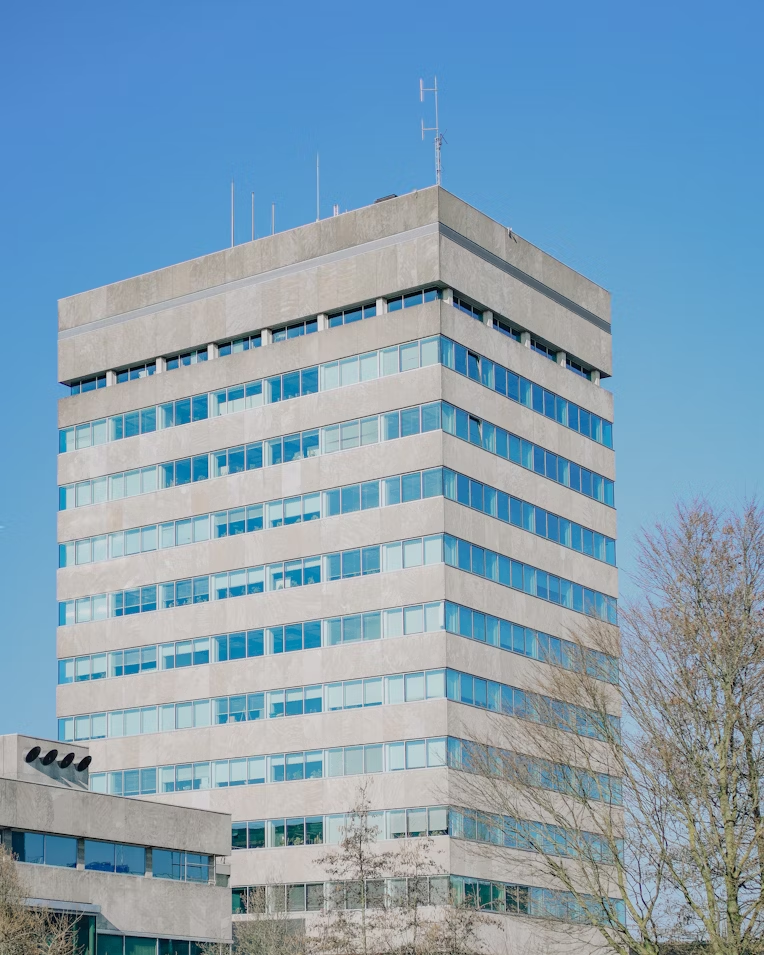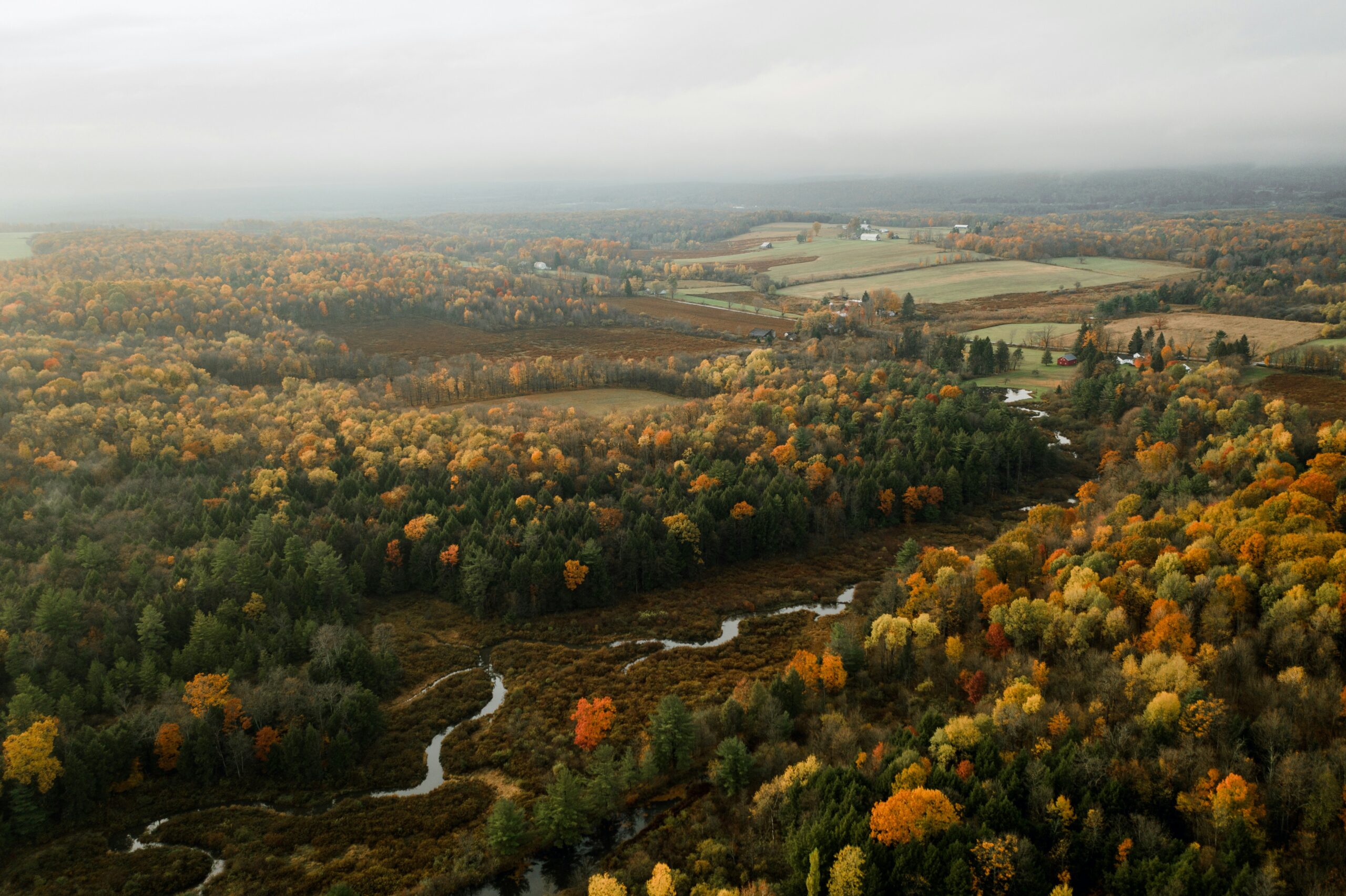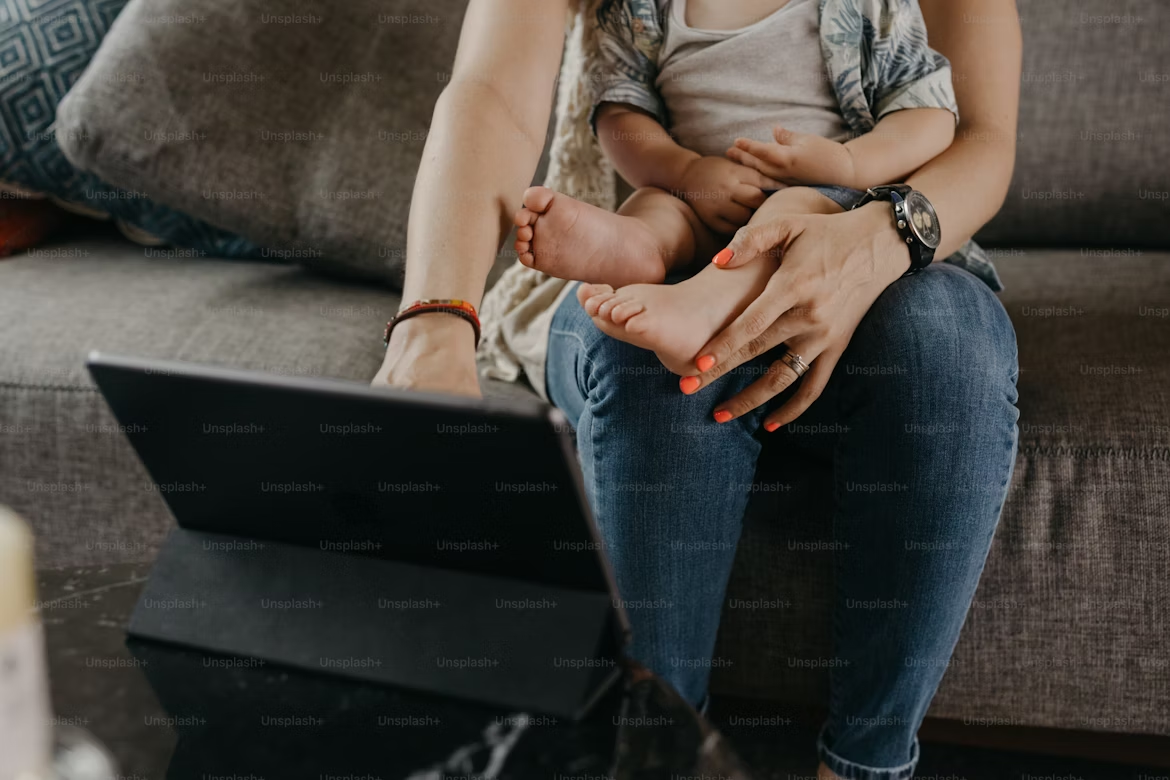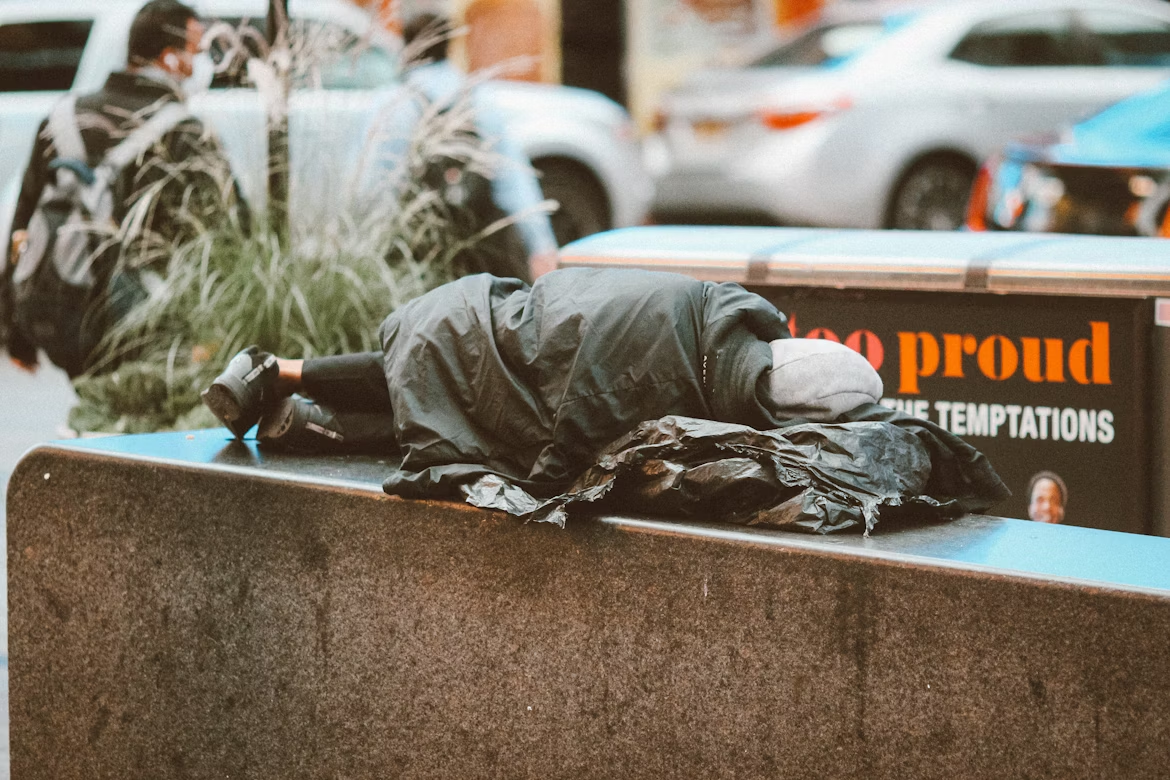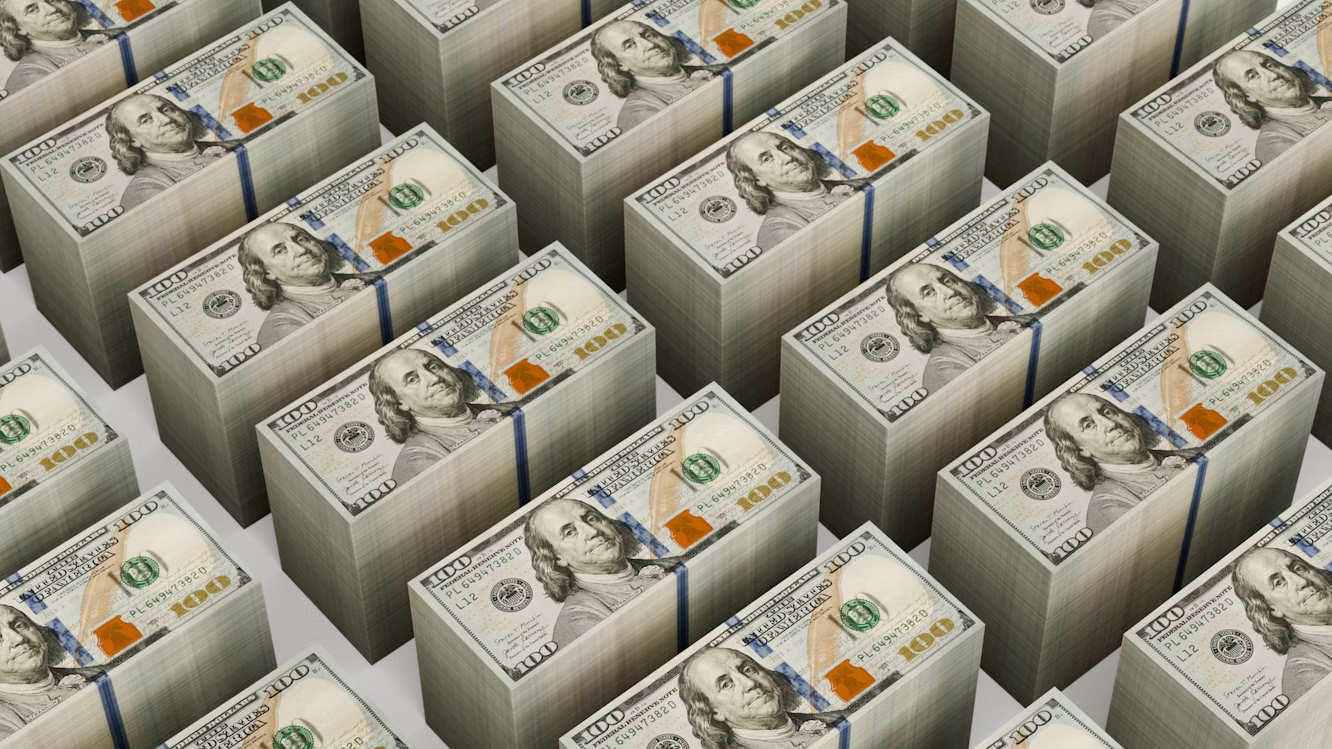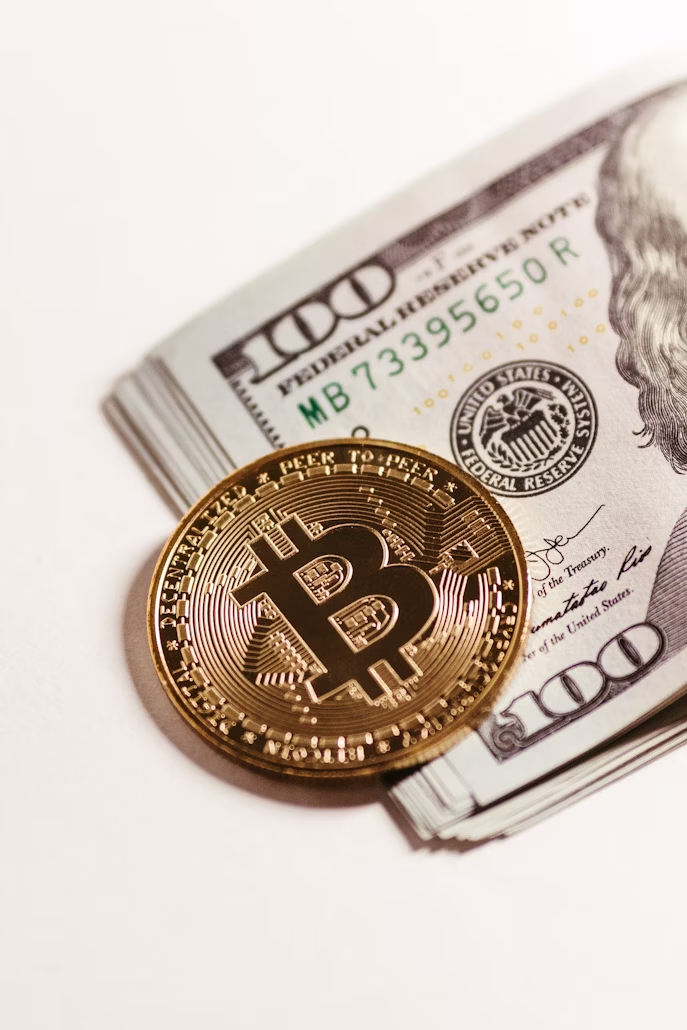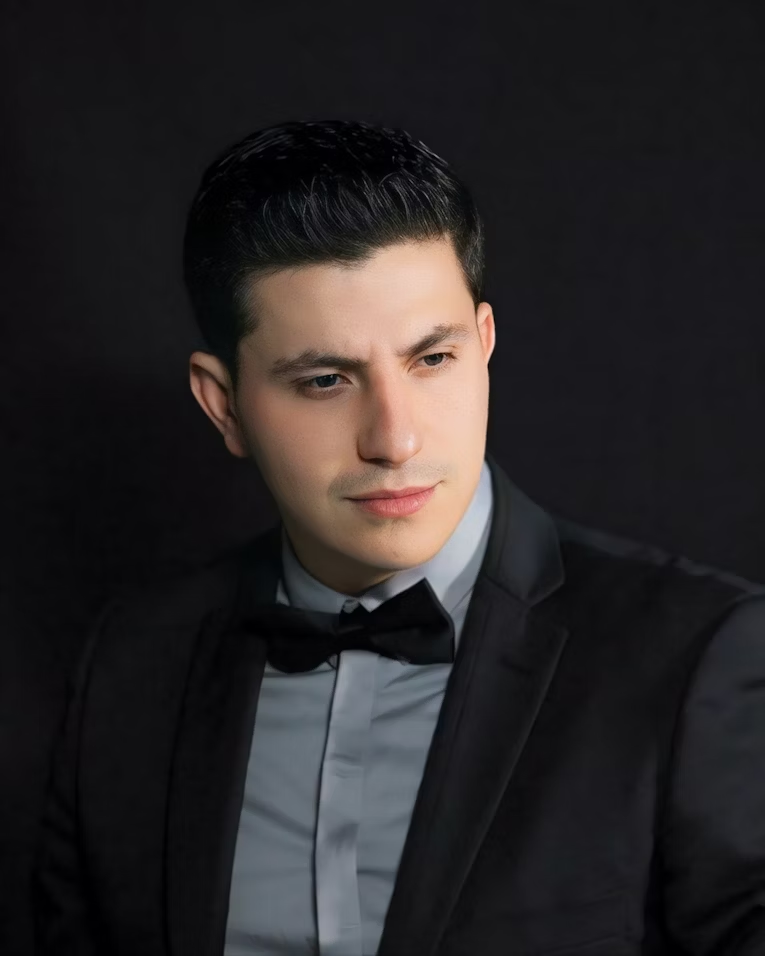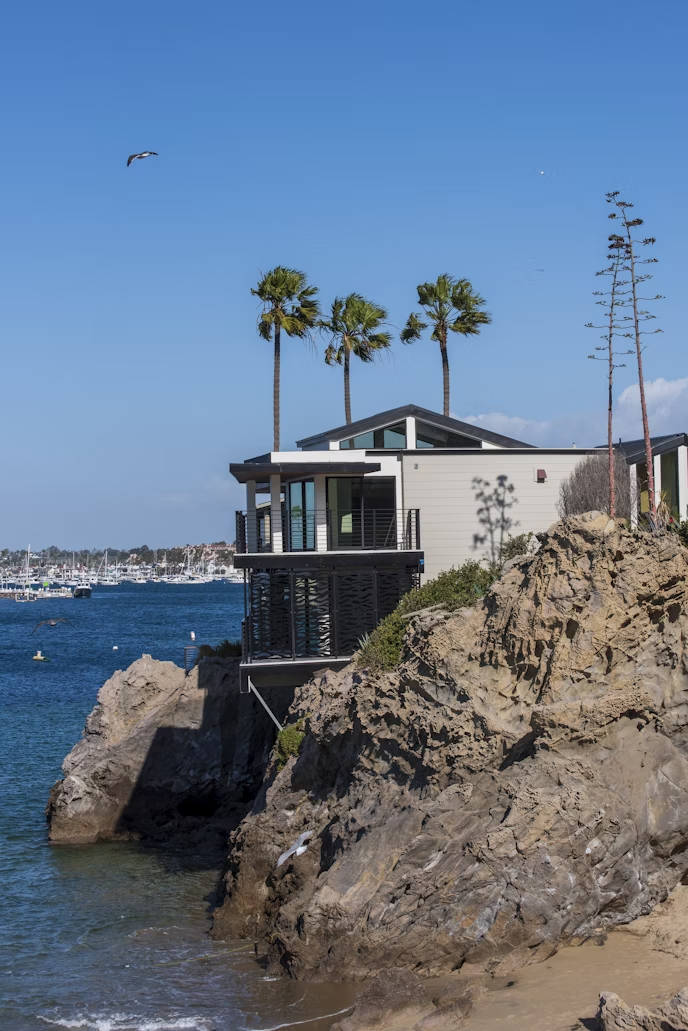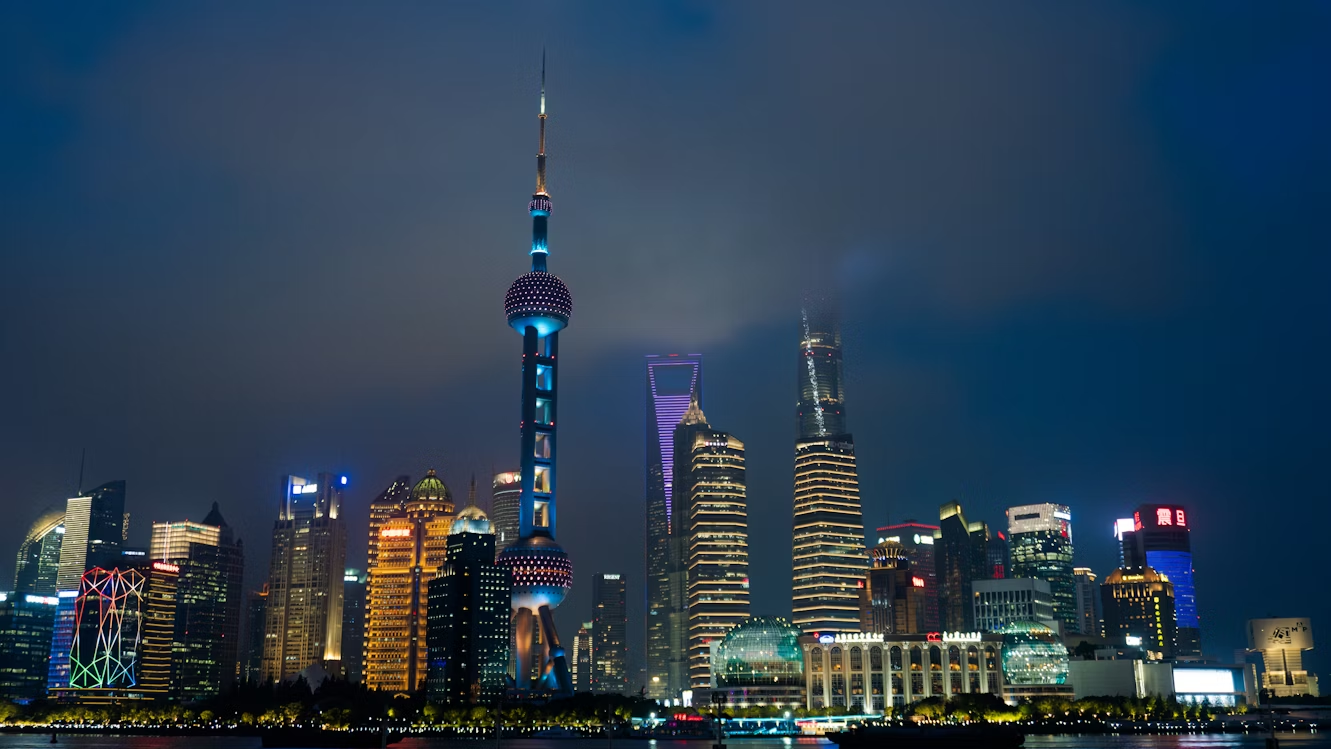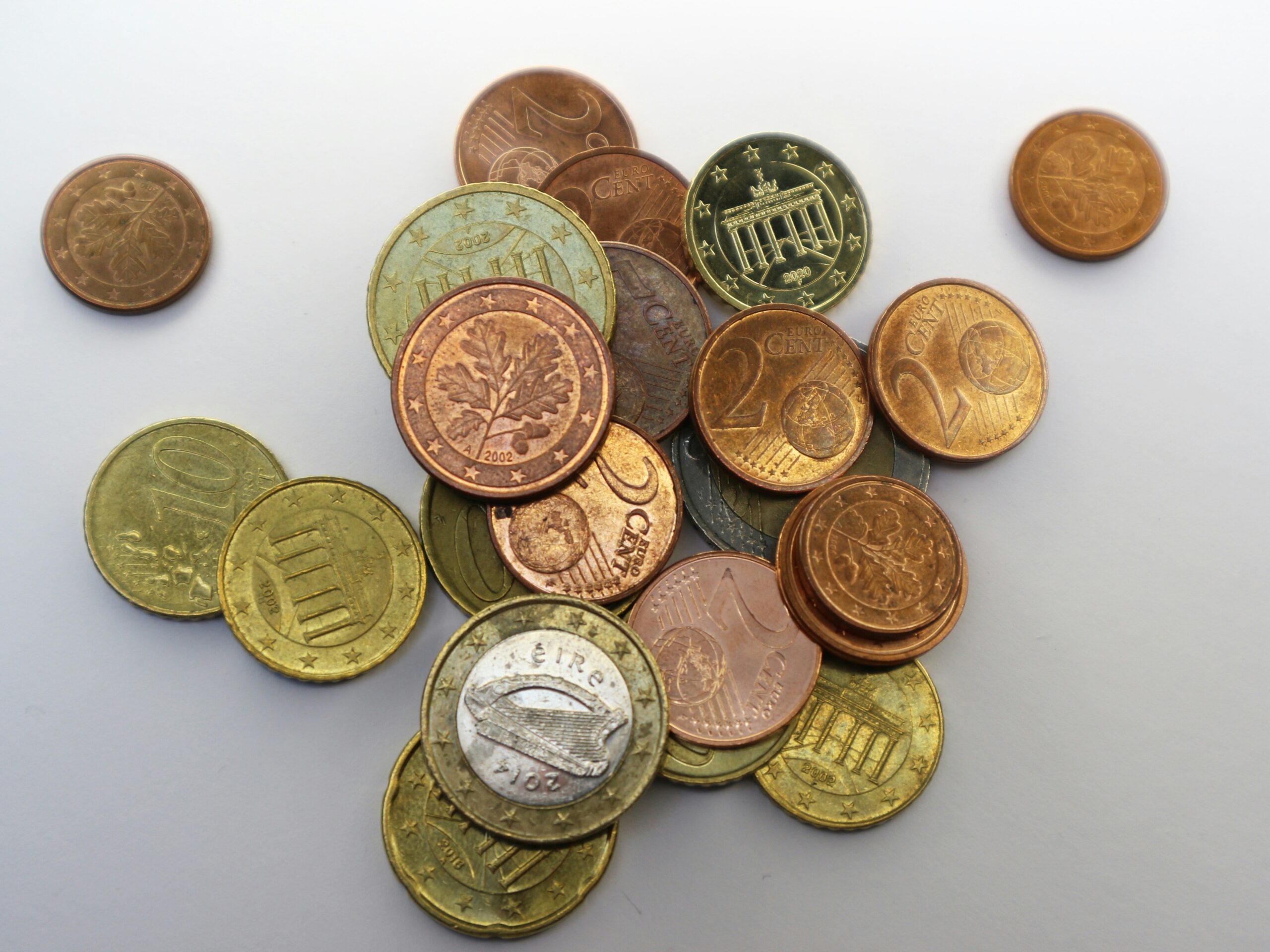Image credit: Unsplash
Following his victory in the US Presidential Election at the beginning of this month, numerous facets of President-Elect Donald J. Trump’s life have been thrust to the foreground in a way they usually wouldn’t be.
From his ties to Jeffery Epstein (further highlighted by his Presidential Cabinet picks, which have included numerous alleged serial sexual assaulters) to his escalated fear of further assassination attempts (exhibited by his insistence on having robot dogs patrolling his Mar–Lago estate), Trump’s life and choices are being examined in a way that he has primarily avoided previously.
One such element that has come up is that Trump has direct, familial ties with a Lebanese American billionaire.
Stemming from Kfarakka, a small village with only 3,500 residents in Lebanon, Massad Boulos has recently captured international headlines for having direct family ties to President-elect Donald Trump. Additionally, Boulos is being discussed as a likely pick for Trump’s envoy to Lebanon.
Boulos’ son Michael is married to Trump’s daughter Tiffany. During the US election campaign, Boulos served as Trump’s unofficial representative to Arab and Muslim American communities.
Boulos’ Role in Trump’s Campaign
Boulos’ job was to help Arab and Muslim communities (and voters) forget the ban on visitors from certain Muslim-majority countries during Trump’s first presidency. Instead, Boulos’ role was to reframe Trump’s second term in an attempt to capitalize on the disenchantment with the Biden administration for backing Israel in the wars in Gaza and Lebanon and instead persuade them that Trump can and will deliver peace in the Middle East.
“Trump will be a strong president,” Boulos said in an October with Saudi broadcaster Al-Arabiya. “He’s the only president who can achieve peace [in Lebanon] and a permanent solution to the Palestinian problem.” Boulos even went so far as to promise that if Trump won, he would work to end the wars immediately, even before he took office.
Now that Trump has won the election, many question whether he can put his money where his mouth is regarding this international conflict or whether Boulos was doing a favor for his in-laws.
Dissuading the Community from Voting Democratic
This strategy by Trump and Boulos did pay off in many ways, earning Trump his first-ever win in the popular vote. For example, in Dearborn, Mich. (where more than half the population is of Arab descent, the largest share in any city), 43% of the vote went to Trump and 36% to Vice President Kamala Harris.
Green Party candidate Jill Stein won 18% — a share many times the less than 1% she received nationally — a possible sign that many Arab American voters found little to like about either major candidate regarding Middle East policy.
If nothing else, Trump and Boulos successfully drove a wedge between these communities and the Biden-affiliated Kamala Harris campaign, leading to fewer Democrats in the community than ever.
The common belief among Lebanese is that Boulos can push Trump to end the war, which began on Oct. 8, 2023, a day after Hamas militants killed 1,200 people in southern Israel when Hezbollah launched what it described as a “solidarity campaign” with Gaza and began firing rockets into Israel. For the next year, Israel focused its military on Gaza, where the death toll has reached nearly 44,000.
This October, Israel invaded Lebanon with the stated aim of destroying Hezbollah. Israeli bombardment has ravaged large swaths of the country, killed almost 3,300 people, and displaced a quarter of the population.
An Uncertain Future in the Aftermath of Election
Boulos has been cautious about his role. He is known to have good relations with Lebanon’s various political parties. During the US presidential campaign, he helped deliver a letter to Trump from Mahmoud Abbas, the leader of the Palestinian Authority.
Last week, the Lebanese broadcaster Al-Jadeed quoted Boulos as saying the Trump administration had tapped him to help negotiate with Lebanon. He later denied the report, saying the network misquoted him. In other interviews, he’s said it’s too early to determine his position but that he will visit Lebanon in the coming weeks.
Recently, he met with several Lebanese political leaders who visited him in the US.
According to Trump and Boulos’ promises, things could be de-escalating come January. Regardless, the prospects of peace seem dim, at least so far.
